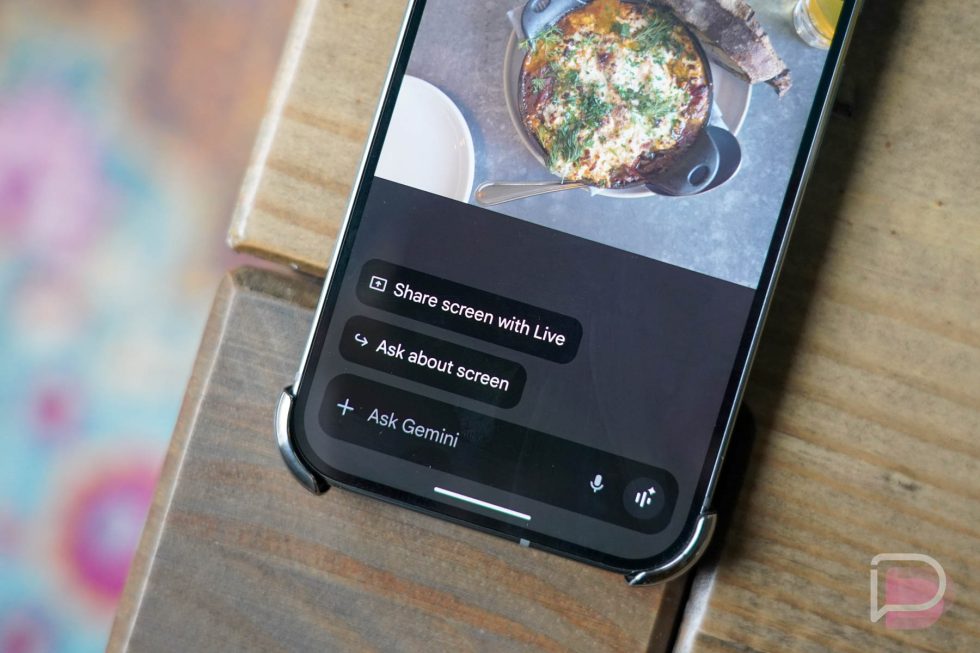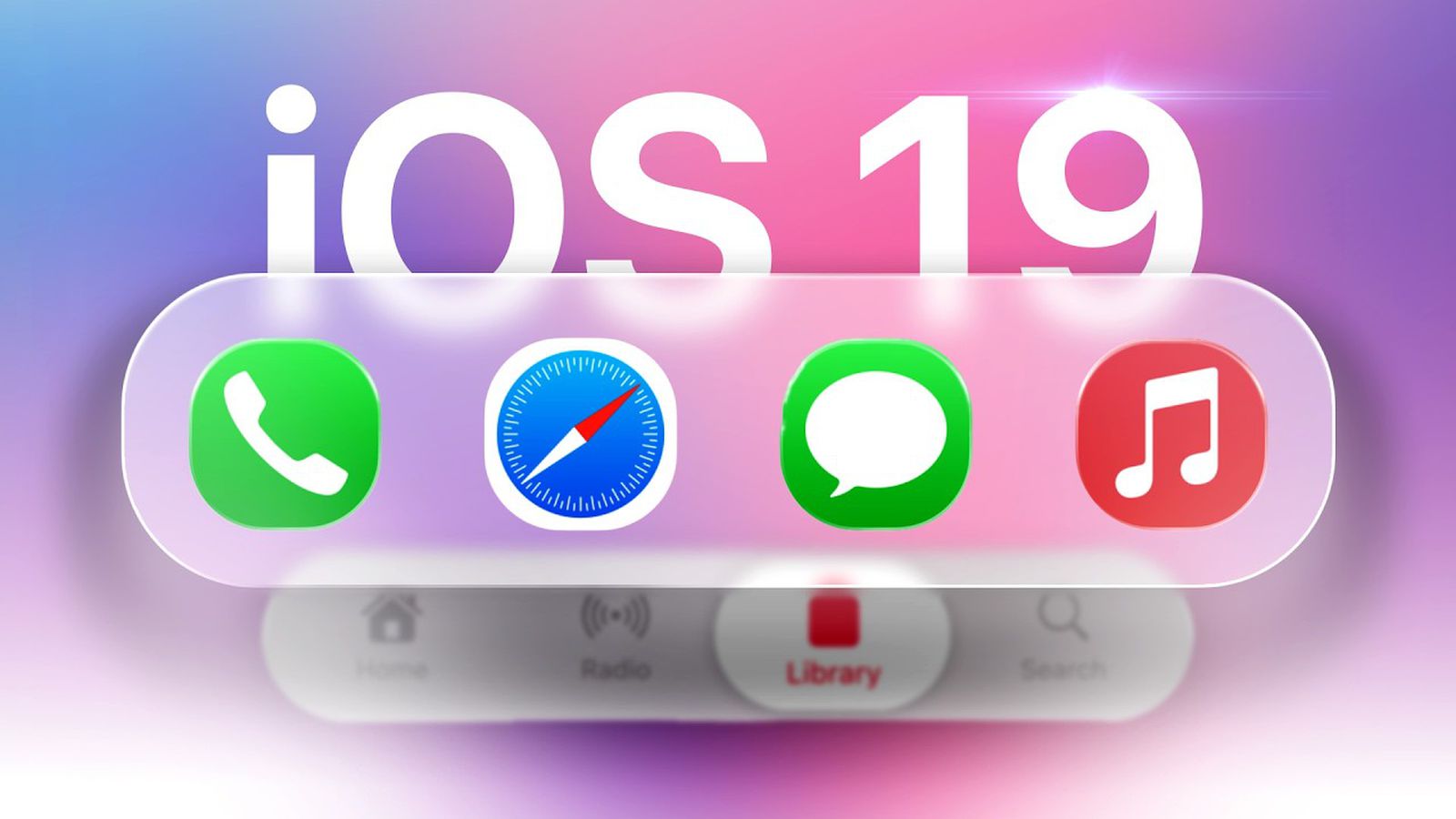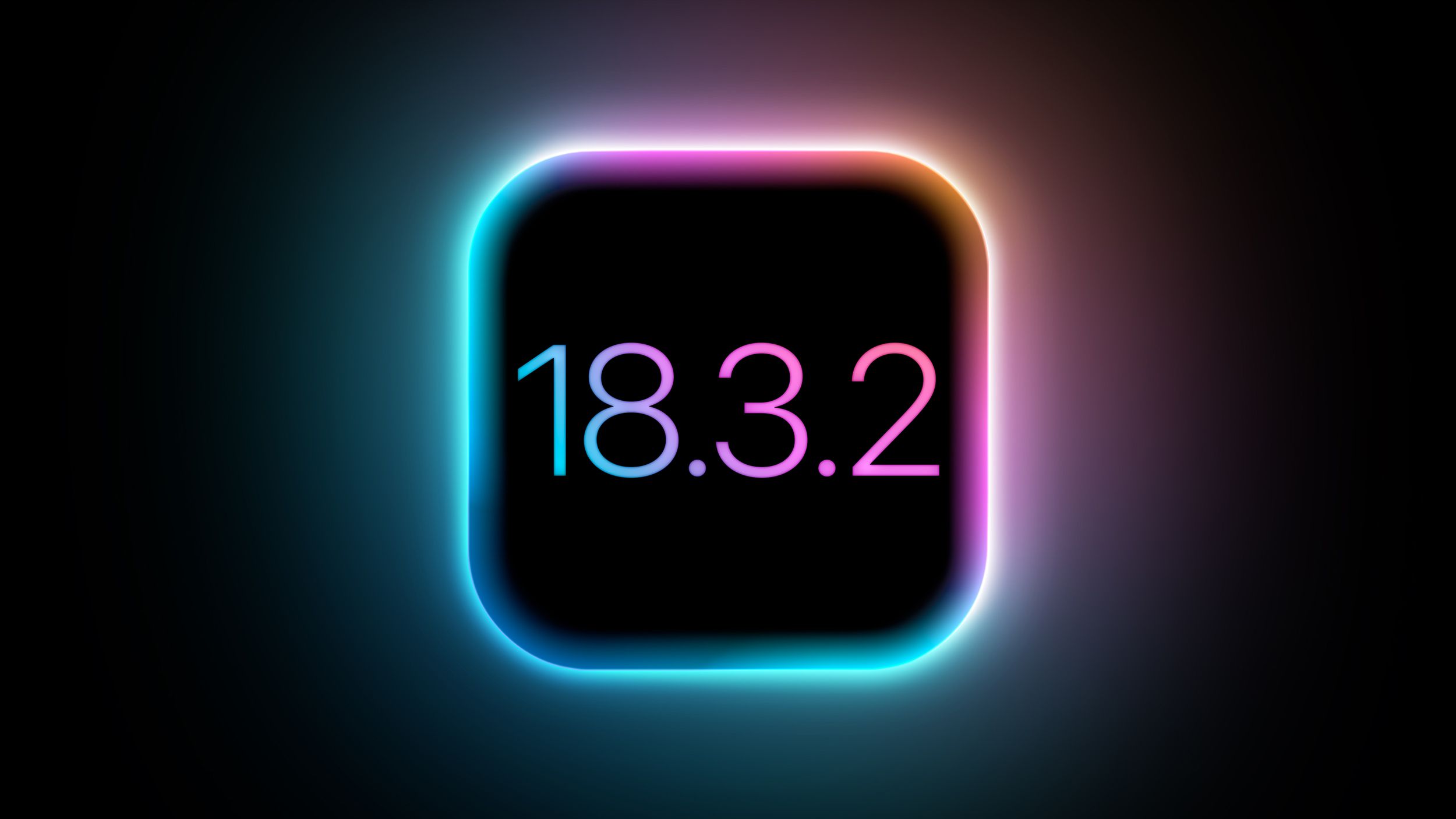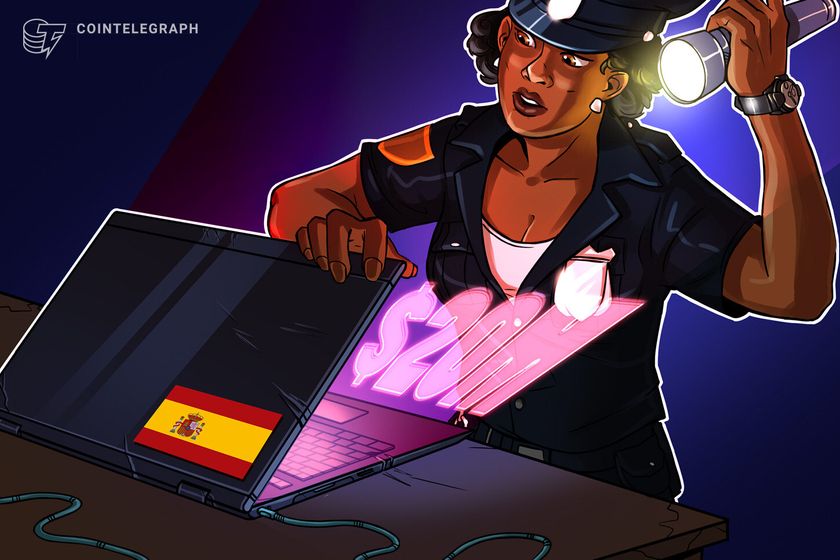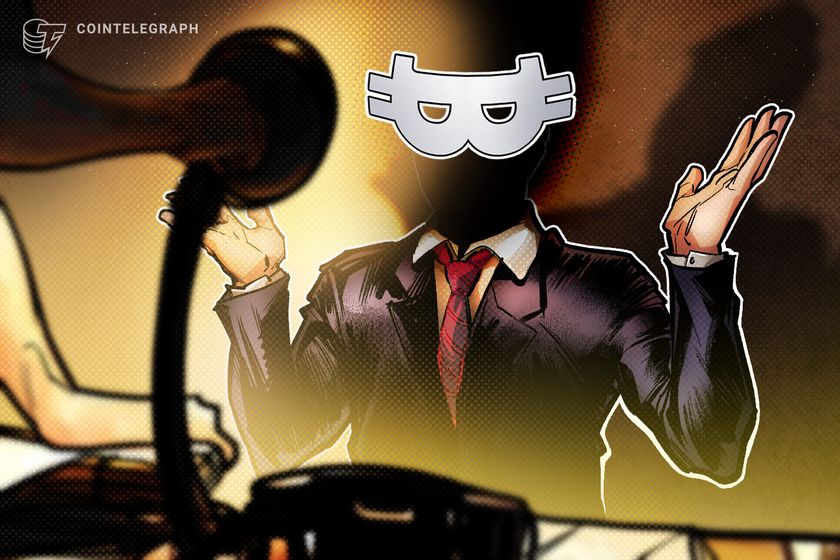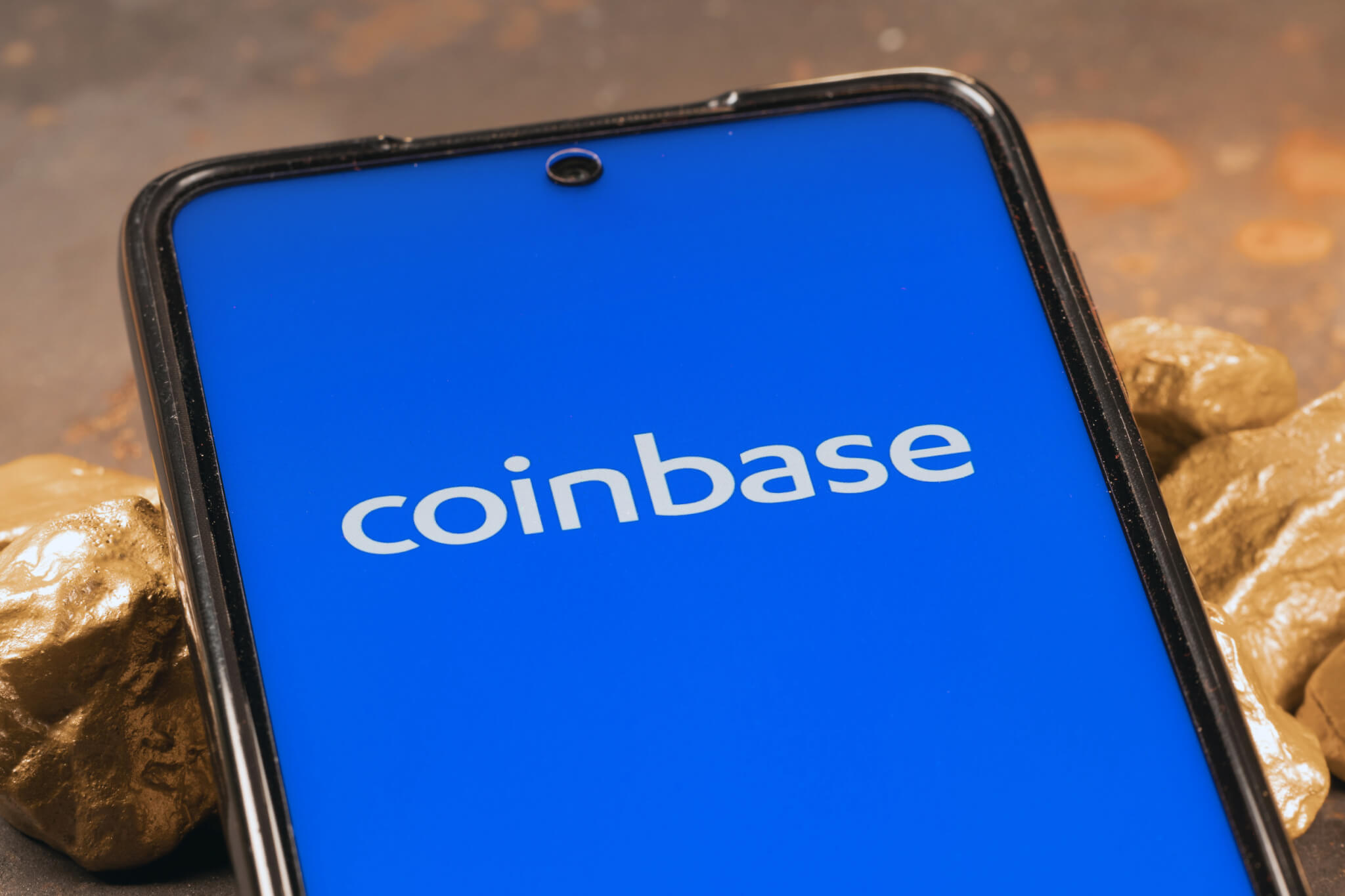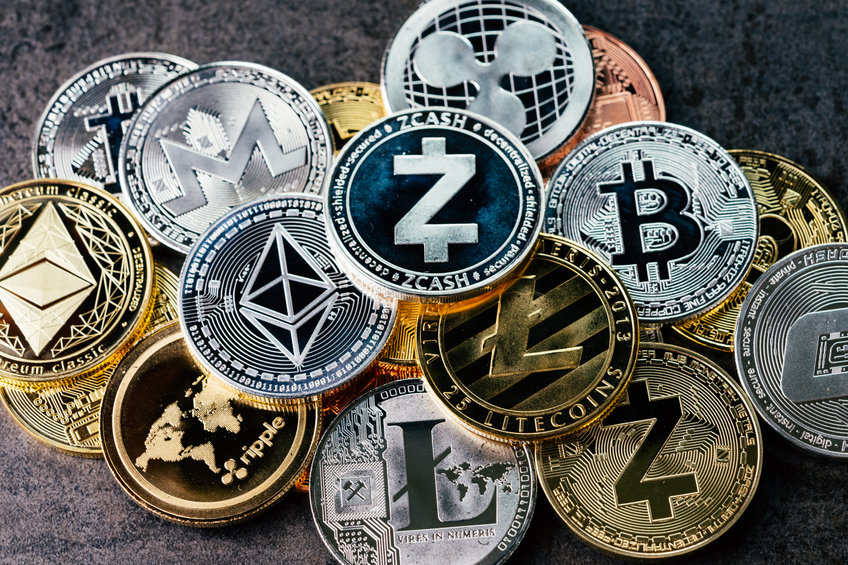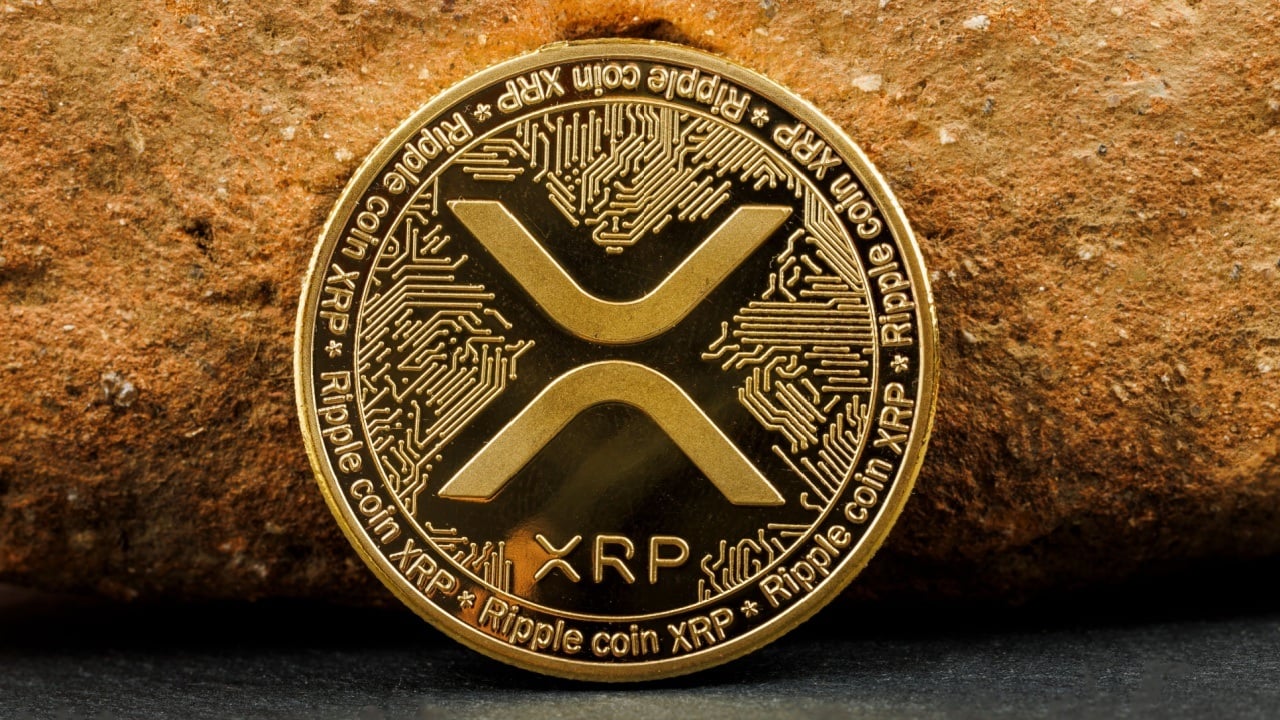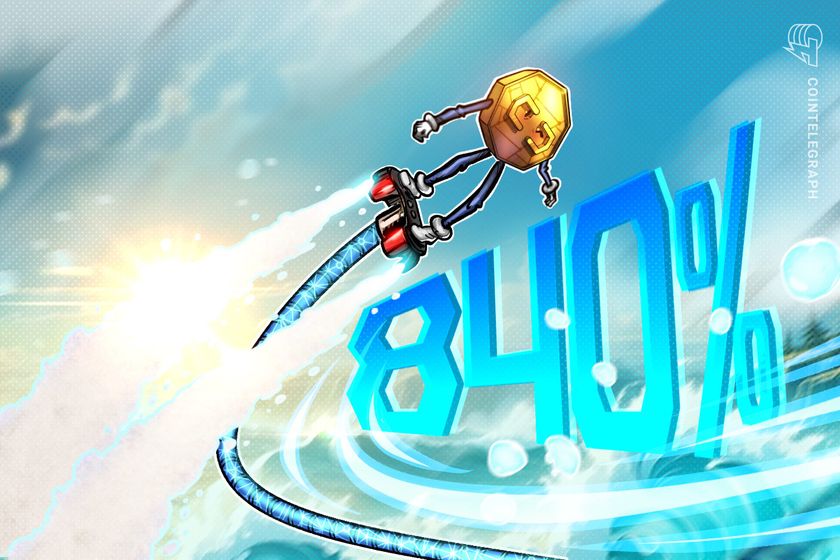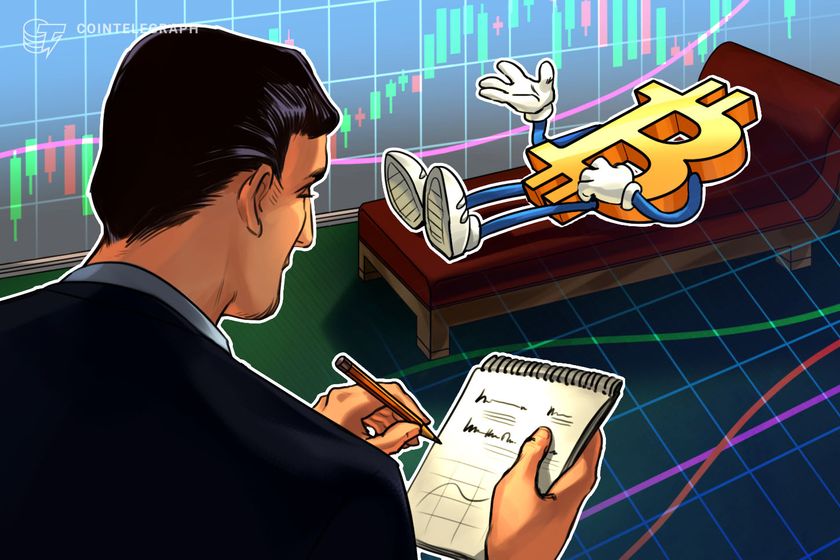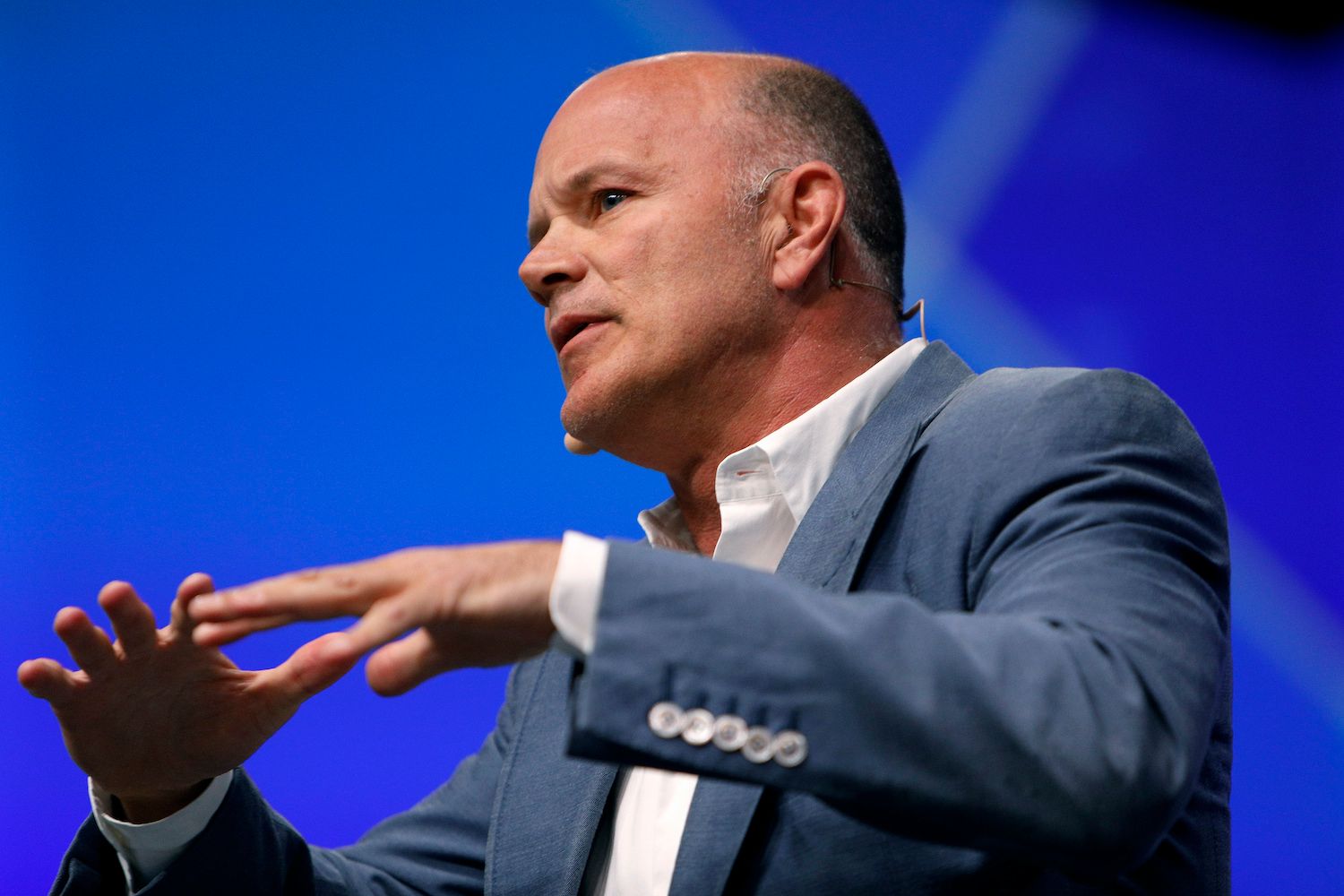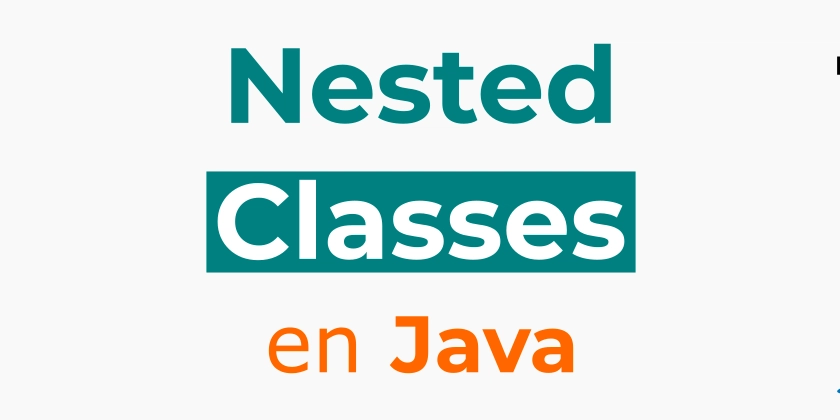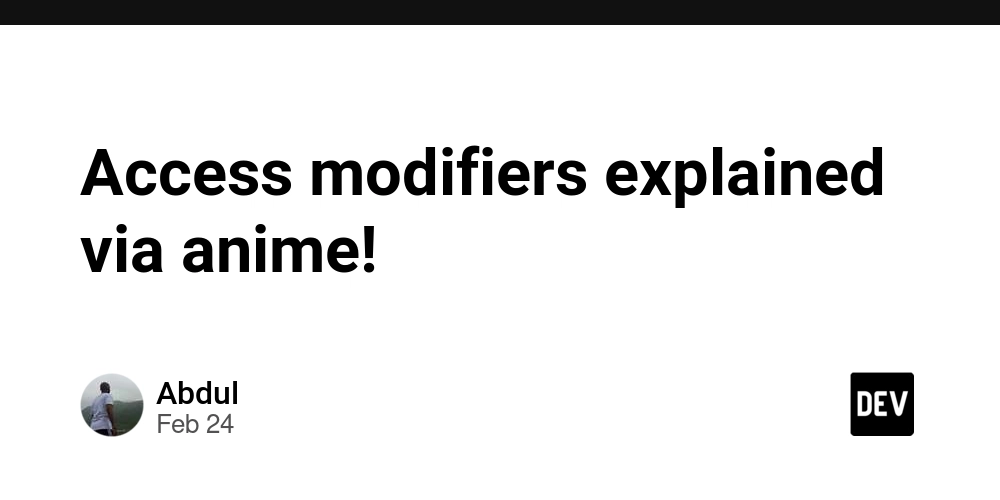Is Web Development Still a Viable Career Path?
Question 1: What are the foundational skills needed to become a web developer? Front-end: HTML: The foundation of web pages, used to structure content. CSS: Styles the appearance of web pages (colors, fonts, layout). JavaScript: Adds interactivity and functionality to web pages. Back-end: Server-side languages: Python, JavaScript (Node.js), PHP, Ruby, Java Databases: SQL (MySQL, PostgreSQL), NoSQL (MongoDB) APIs: Building and consuming APIs for data exchange. General: Version Control: Git (essential for collaboration and tracking changes) Problem-solving: Debugging, troubleshooting, and finding creative solutions. Communication: Effective communication skills for collaborating with teams. Question 2: How do front-end, back-end, and full-stack development roles differ? Front-end Developers: Focus on the user interface and user experience (UI/UX). They work with HTML, CSS, and JavaScript to create visually appealing and interactive web pages. Back-end Developers: Focus on the server-side logic and data management. *They work with databases, APIs, and server-side languages. Full-stack Developers: Possess skills in both front-end and back-end development. They can work on all aspects of a web application, from the user interface to the database. Question 3: What tools and technologies are essential in modern web development? Front-end: Back-end: General: Question 4: How can a beginner start building a portfolio that showcases web development skills? Personal projects: Build small projects like to-do lists, blogs, or simple e-commerce sites. Open-source contributions: Contribute to existing open-source projects. Freelance projects: Take on small freelance projects to gain real-world experience. Build a personal website: Create a professional website to showcase your skills and projects. Question 5: What are common mistakes beginners make when learning web development, and how can they avoid them? Trying to learn everything at once: Focus on foundational concepts first. Not practicing enough: Consistent practice is key to mastering web development skills. Ignoring the fundamentals: Don't neglect the importance of HTML, CSS, and JavaScript. Not seeking help: Don't be afraid to ask questions and seek guidance from others. Question 6: What do you think web development will look like 10 years from now as technology evolves? In 10 years, web development will likely be even more dynamic and sophisticated. AI/ML integration: AI and machine learning will play a bigger role in web development, powering features like personalized experiences and predictive analytics. Increased focus on user experience (UX): UX will become even more critical, with a focus on accessibility, inclusivity, and personalized experiences. Edge computing: Processing data closer to the user will improve performance and reduce latency. Metaverse integration: Web development will play a crucial role in building immersive and interactive experiences within the metaverse.
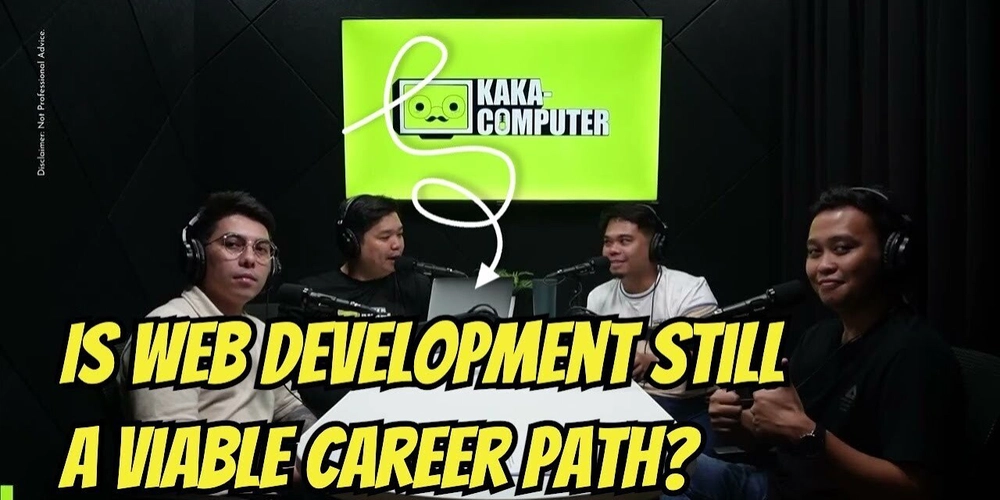
Question 1: What are the foundational skills needed to become a web developer?
Front-end:
- HTML: The foundation of web pages, used to structure content.
- CSS: Styles the appearance of web pages (colors, fonts, layout).
- JavaScript: Adds interactivity and functionality to web pages.
Back-end:
- Server-side languages: Python, JavaScript (Node.js), PHP, Ruby, Java
- Databases: SQL (MySQL, PostgreSQL), NoSQL (MongoDB)
- APIs: Building and consuming APIs for data exchange.
General:
- Version Control: Git (essential for collaboration and tracking changes)
- Problem-solving: Debugging, troubleshooting, and finding creative solutions.
- Communication: Effective communication skills for collaborating with teams.
Question 2: How do front-end, back-end, and full-stack development roles differ?
- Front-end Developers: Focus on the user interface and user experience (UI/UX). They work with HTML, CSS, and JavaScript to create visually appealing and interactive web pages.
- Back-end Developers: Focus on the server-side logic and data management. *They work with databases, APIs, and server-side languages.
- Full-stack Developers: Possess skills in both front-end and back-end development. They can work on all aspects of a web application, from the user interface to the database.
Question 3: What tools and technologies are essential in modern web development?
- Front-end:
- Back-end:
- General:
Question 4: How can a beginner start building a portfolio that showcases web development skills?
- Personal projects: Build small projects like to-do lists, blogs, or simple e-commerce sites.
- Open-source contributions: Contribute to existing open-source projects.
- Freelance projects: Take on small freelance projects to gain real-world experience.
- Build a personal website: Create a professional website to showcase your skills and projects.
Question 5: What are common mistakes beginners make when learning web development, and how can they avoid them?
- Trying to learn everything at once: Focus on foundational concepts first.
- Not practicing enough: Consistent practice is key to mastering web development skills.
- Ignoring the fundamentals: Don't neglect the importance of HTML, CSS, and JavaScript.
- Not seeking help: Don't be afraid to ask questions and seek guidance from others.
Question 6: What do you think web development will look like 10 years from now as technology evolves?
In 10 years, web development will likely be even more dynamic and sophisticated.
- AI/ML integration: AI and machine learning will play a bigger role in web development, powering features like personalized experiences and predictive analytics.
- Increased focus on user experience (UX): UX will become even more critical, with a focus on accessibility, inclusivity, and personalized experiences.
- Edge computing: Processing data closer to the user will improve performance and reduce latency.
- Metaverse integration: Web development will play a crucial role in building immersive and interactive experiences within the metaverse.





















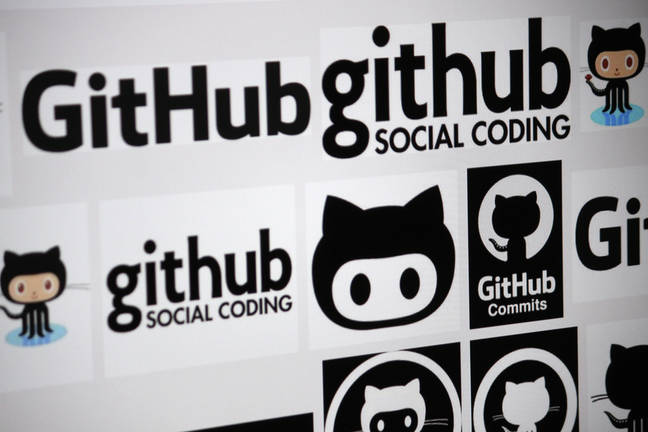


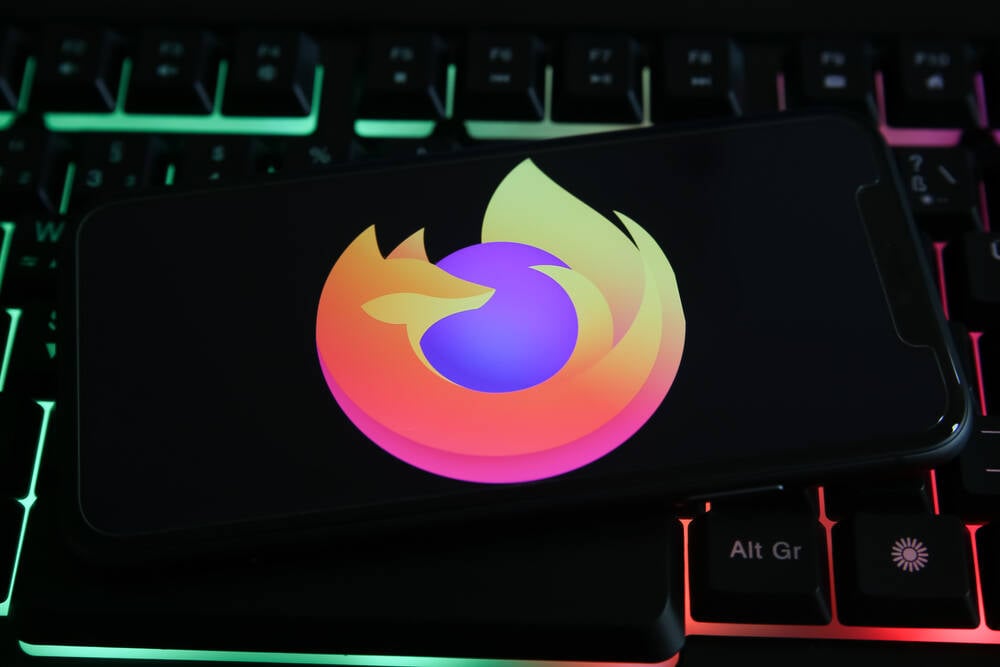















































































































































![[The AI Show Episode 142]: ChatGPT’s New Image Generator, Studio Ghibli Craze and Backlash, Gemini 2.5, OpenAI Academy, 4o Updates, Vibe Marketing & xAI Acquires X](https://www.marketingaiinstitute.com/hubfs/ep%20142%20cover.png)

















































































































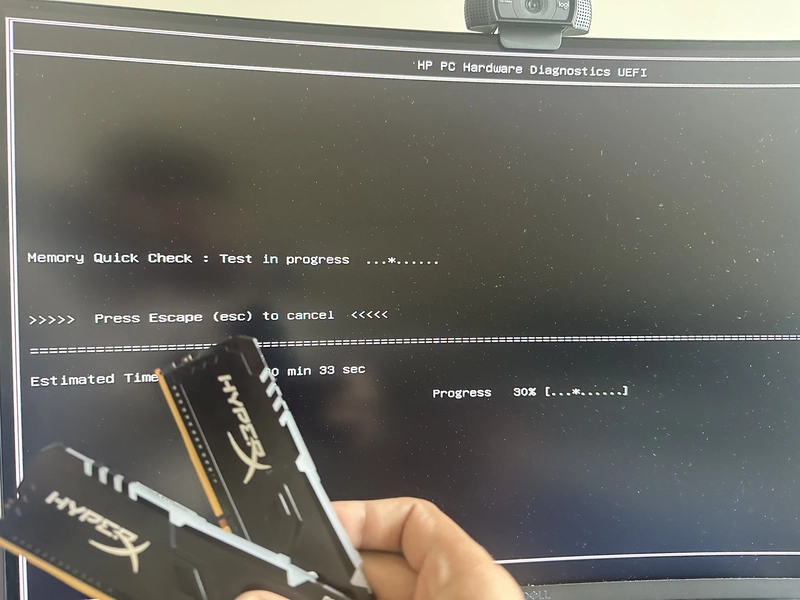
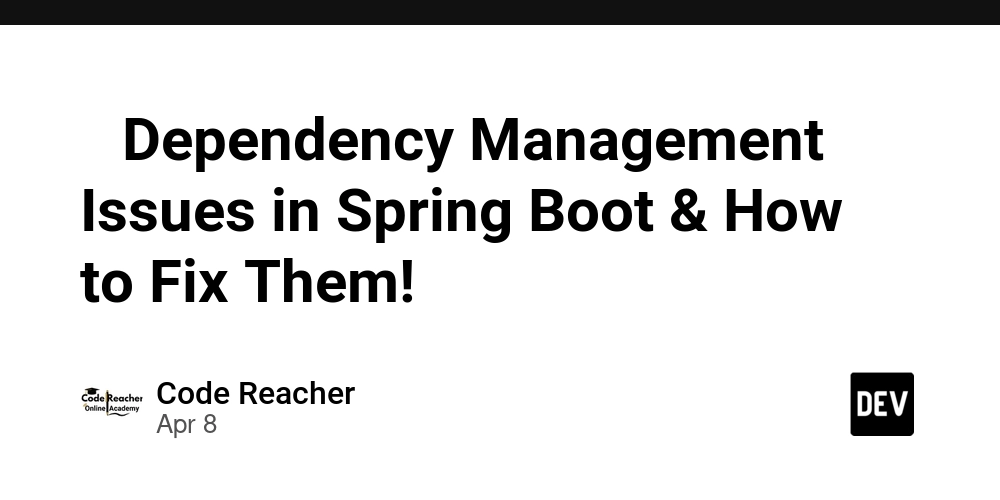
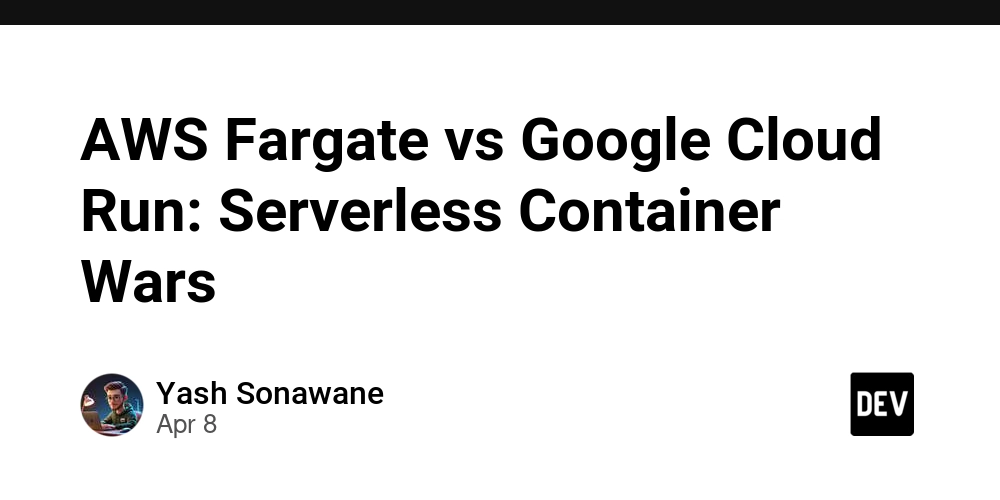












![From drop-out to software architect with Jason Lengstorf [Podcast #167]](https://cdn.hashnode.com/res/hashnode/image/upload/v1743796461357/f3d19cd7-e6f5-4d7c-8bfc-eb974bc8da68.png?#)













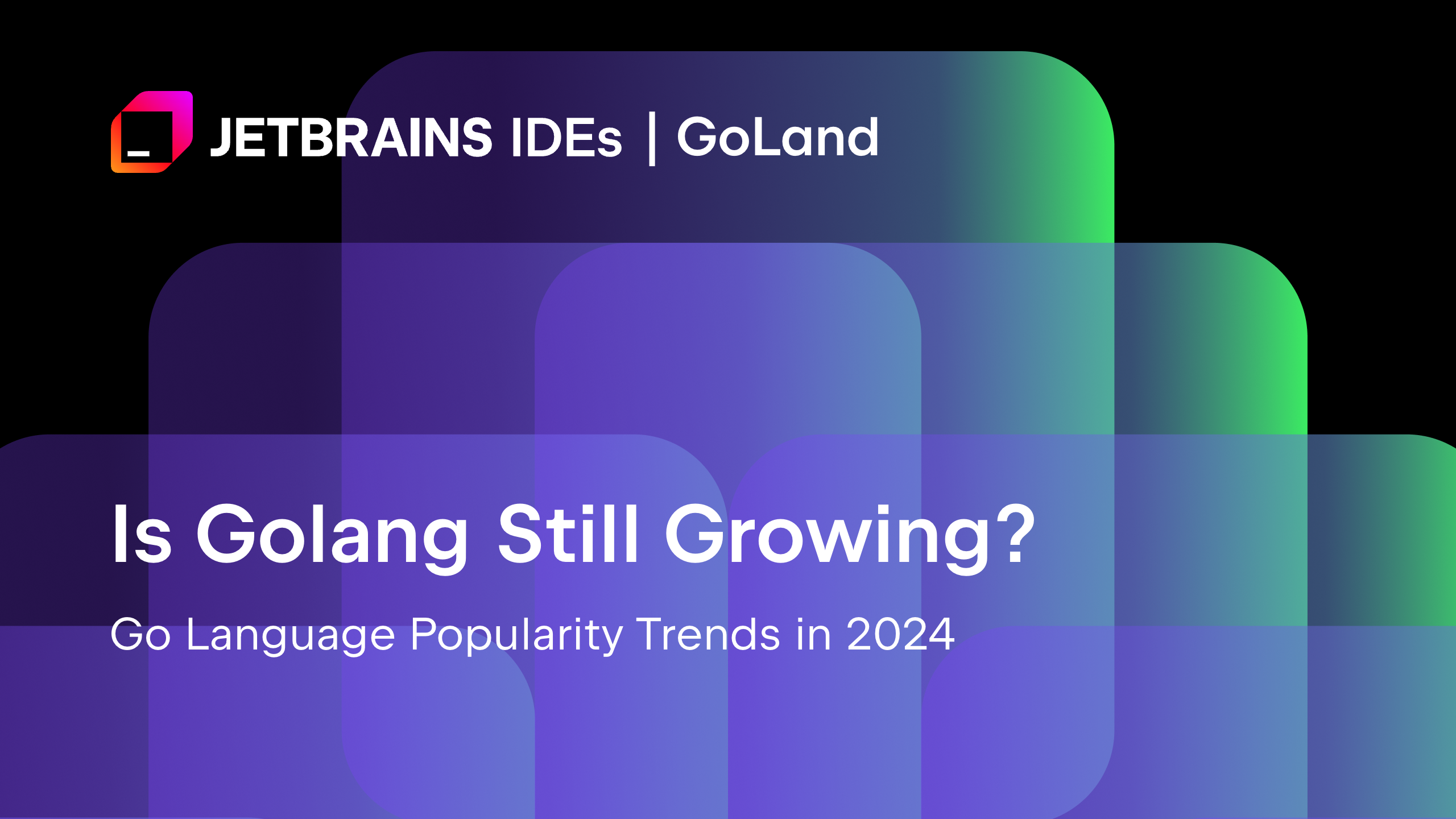





























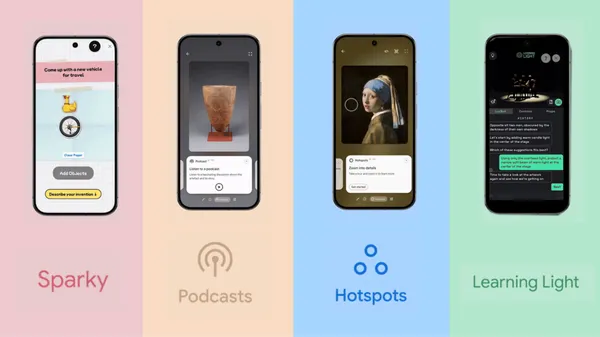





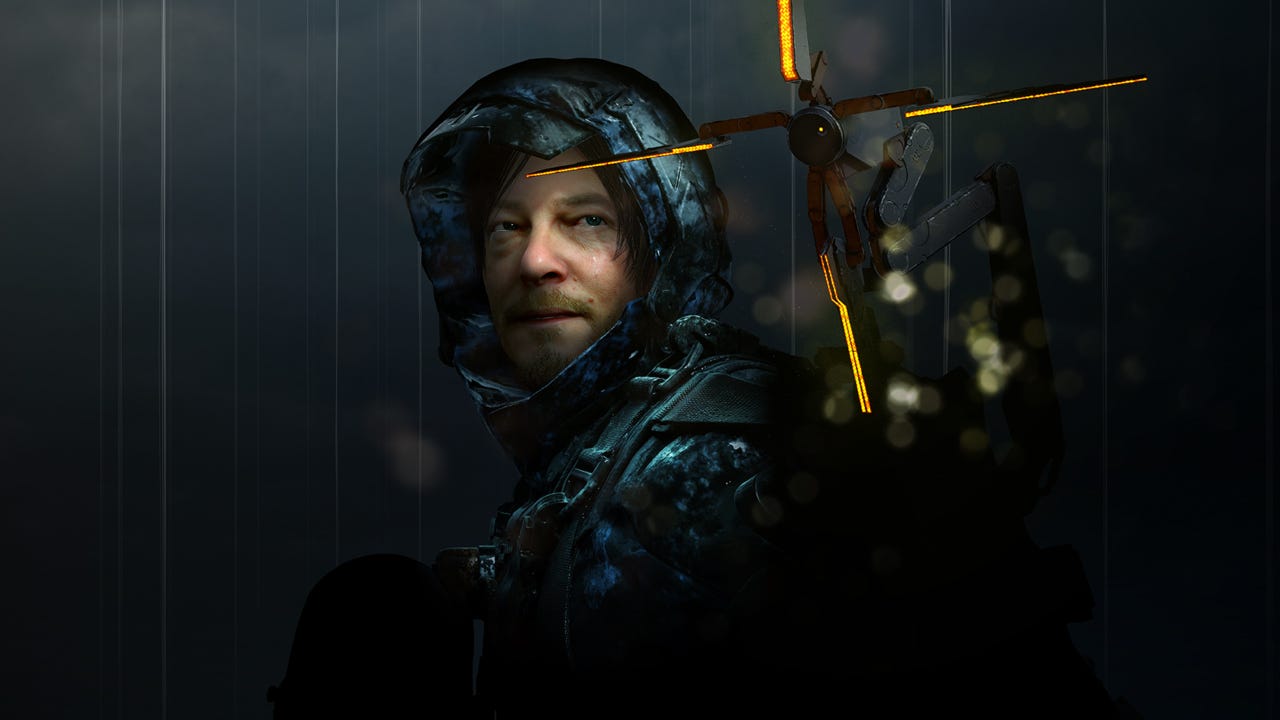








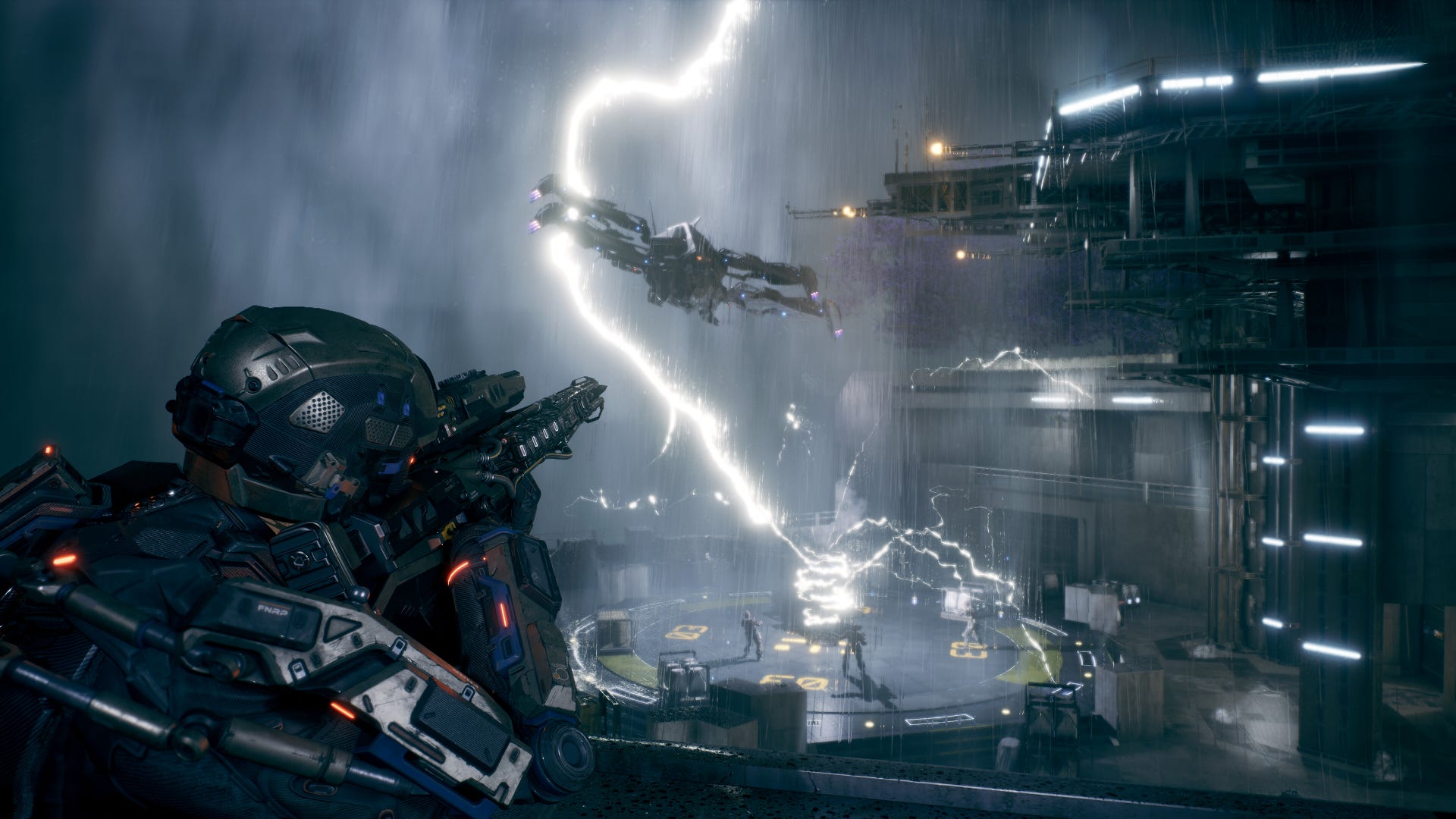
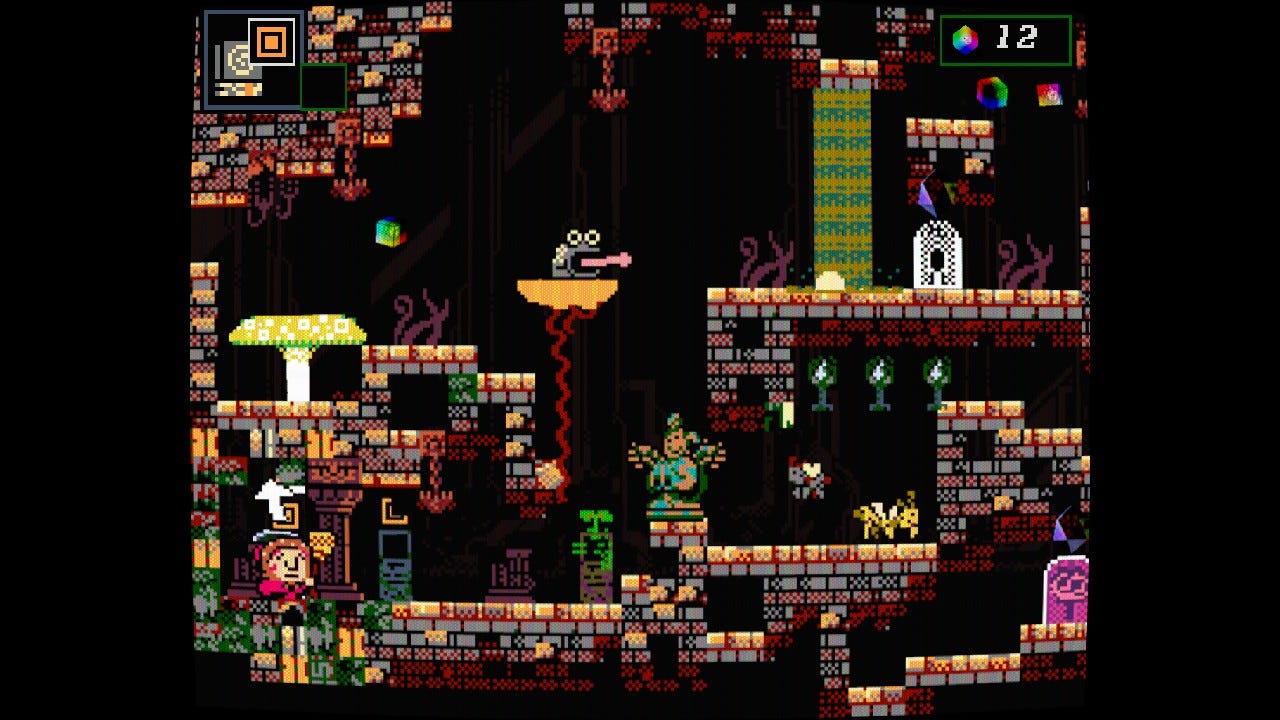
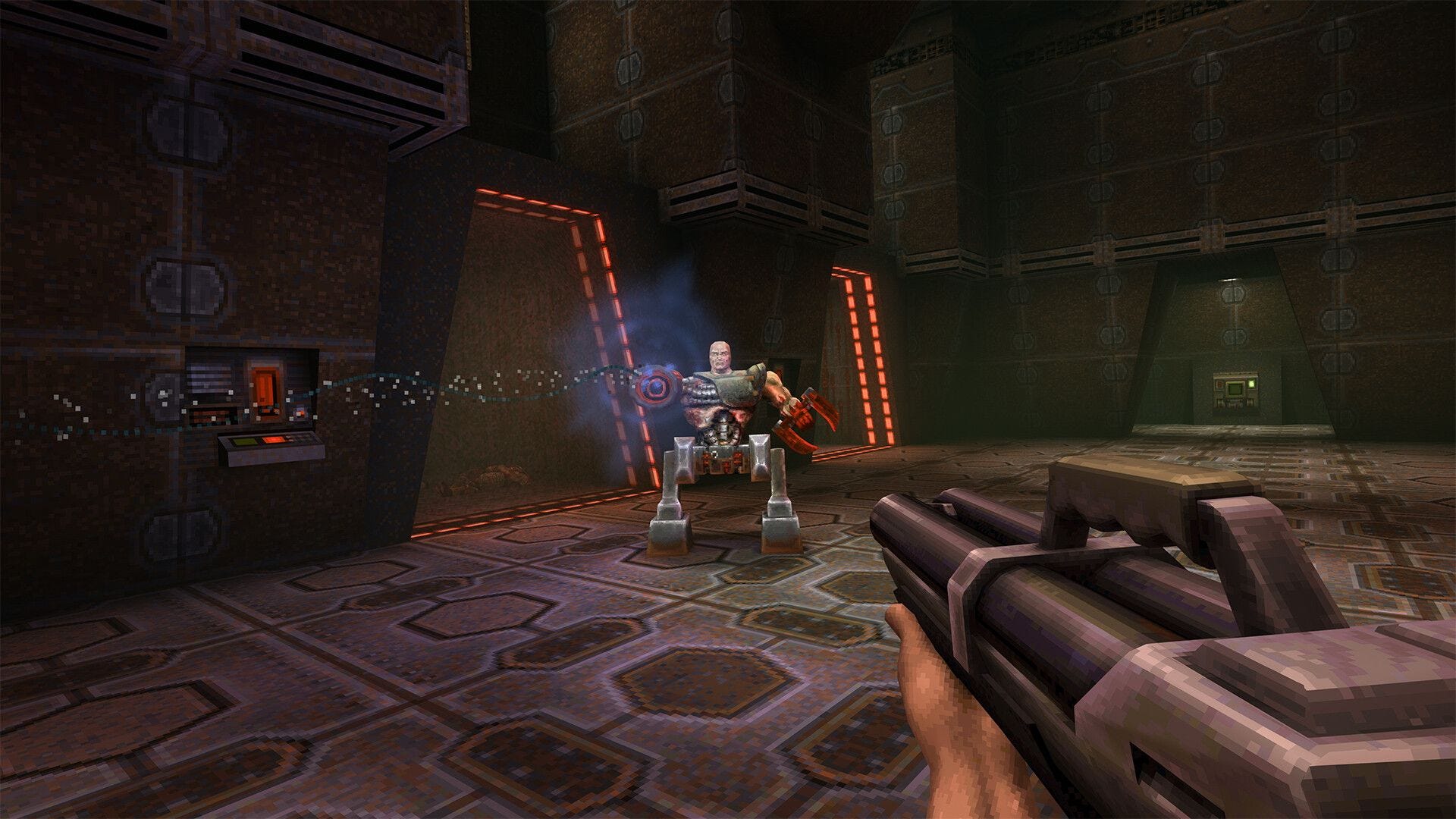
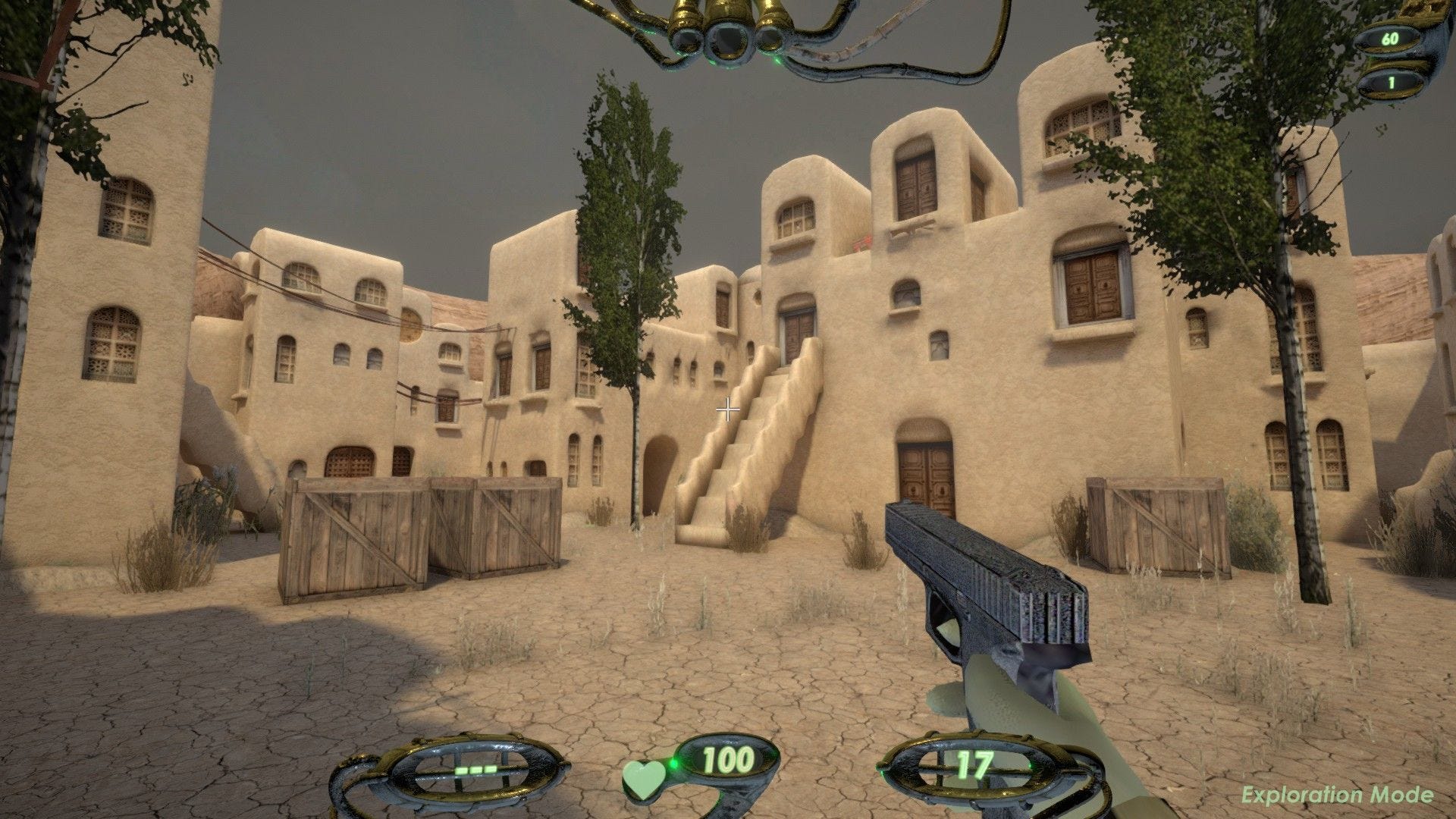



















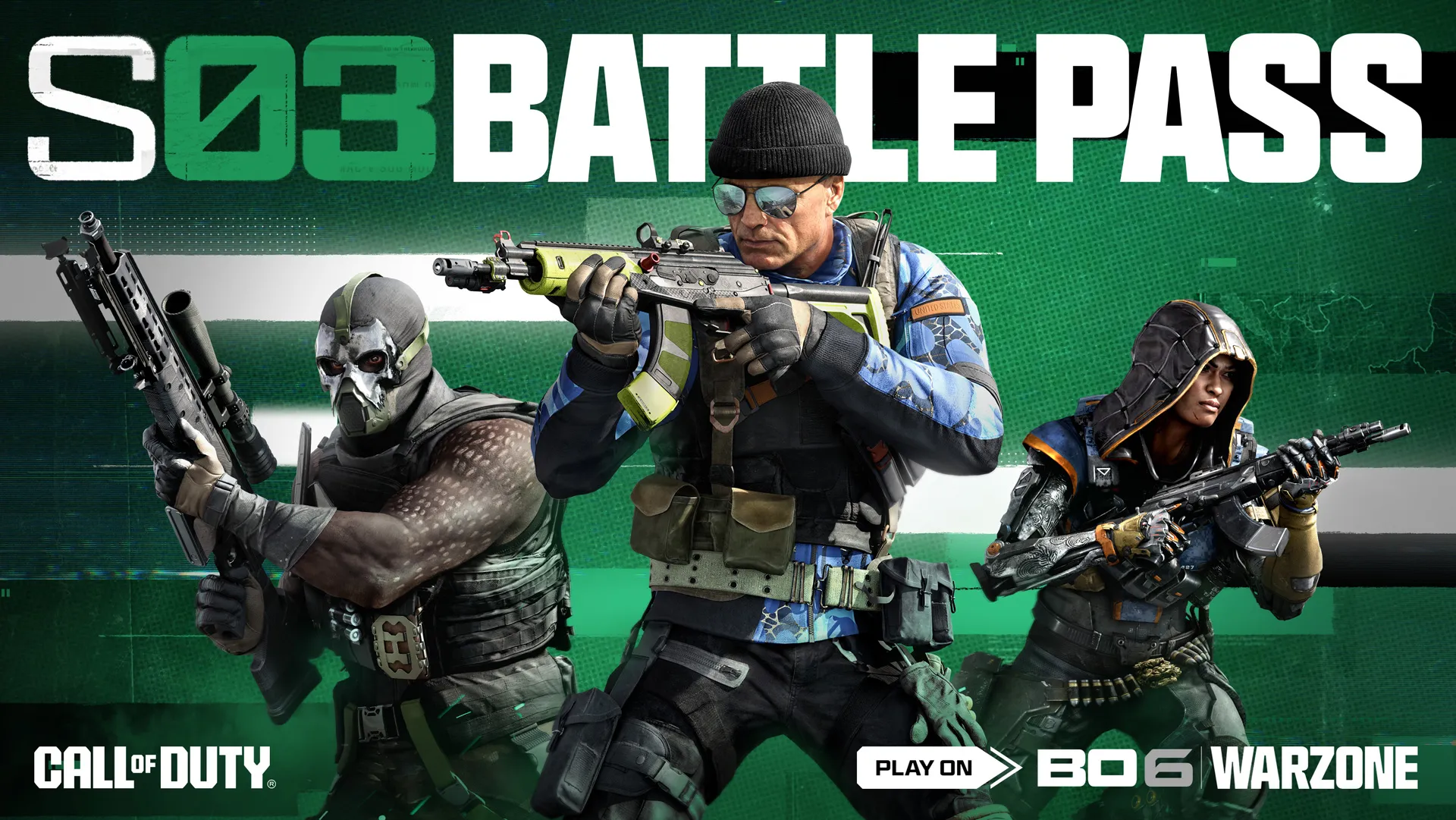
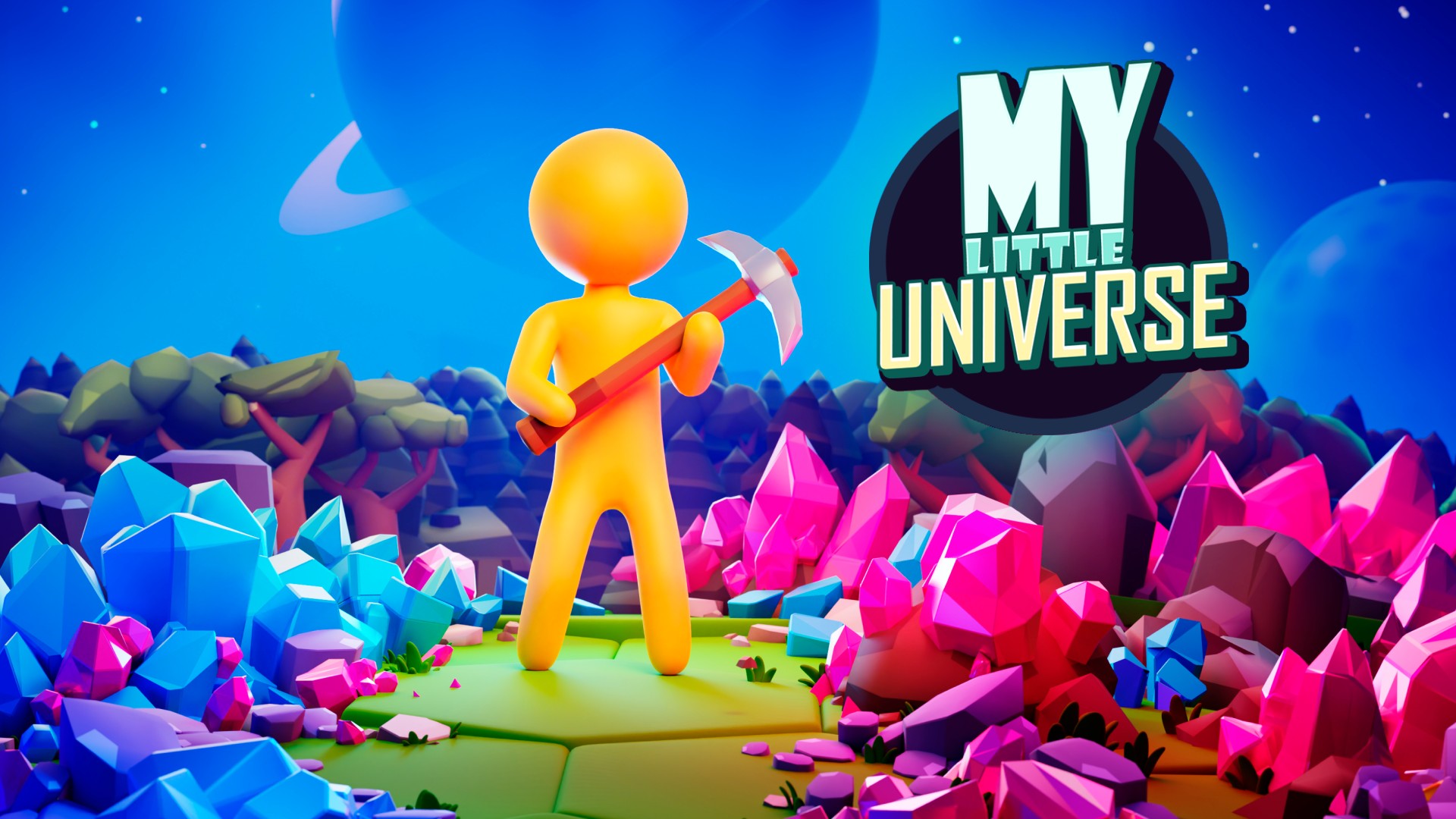
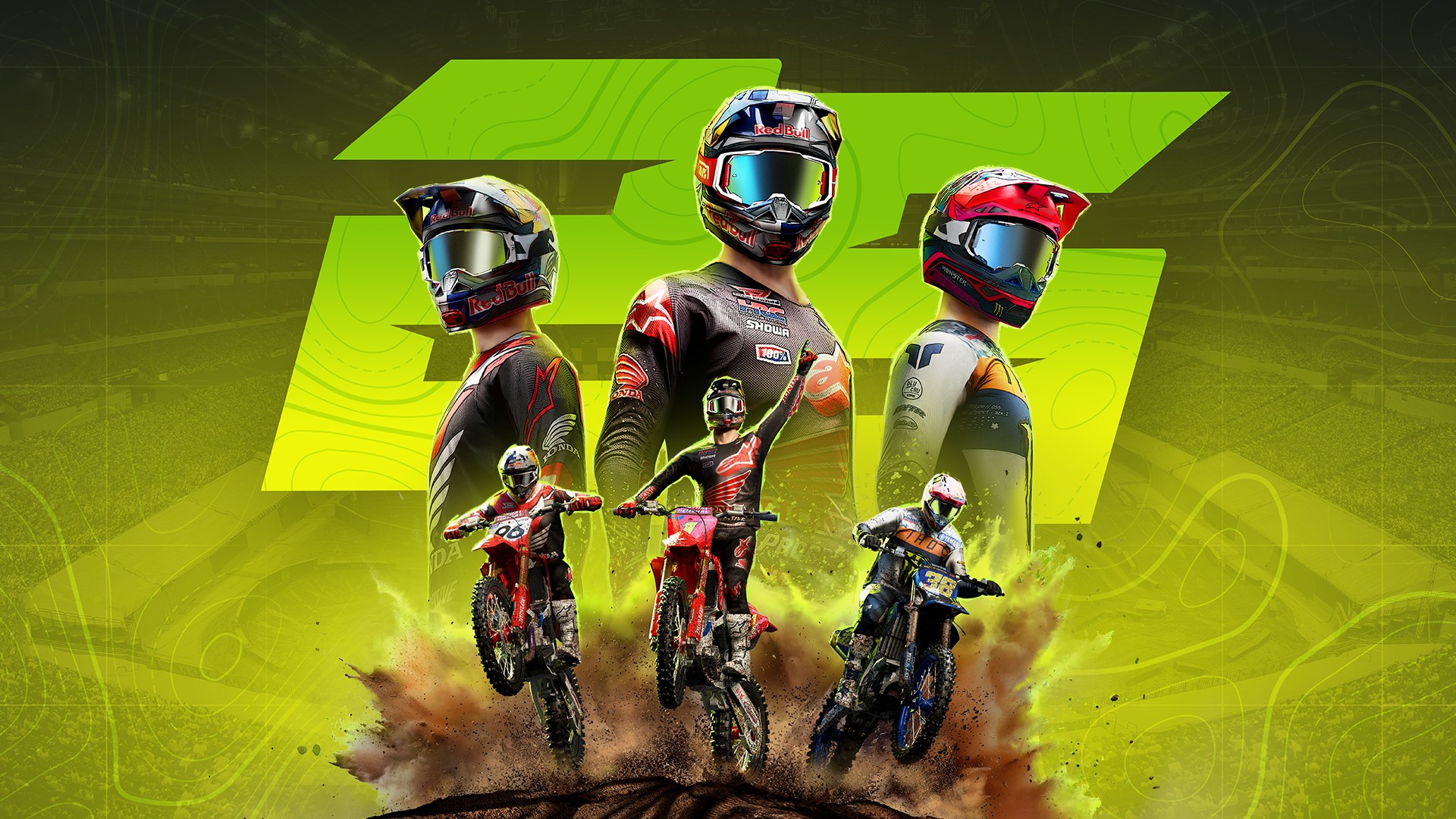
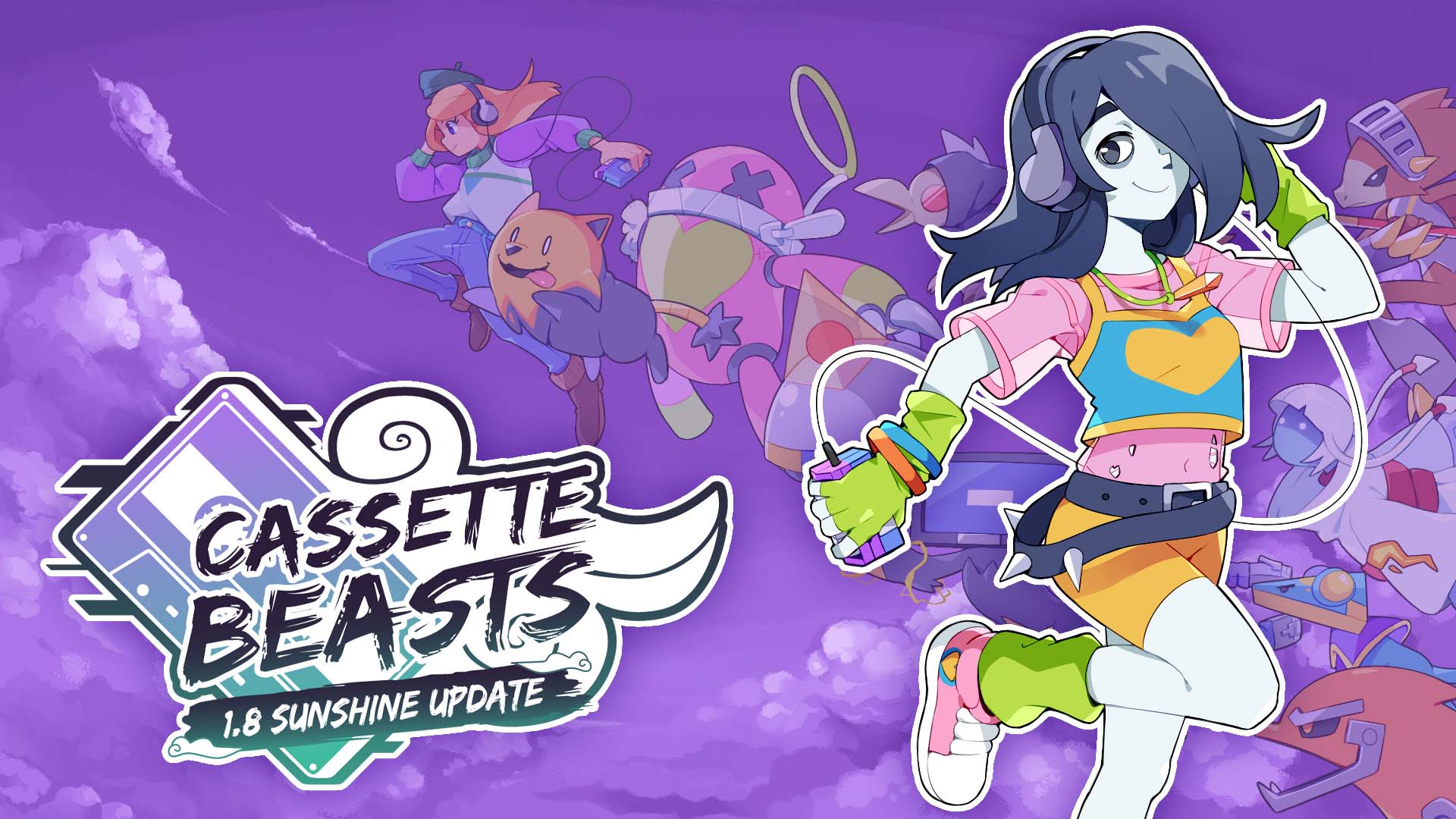





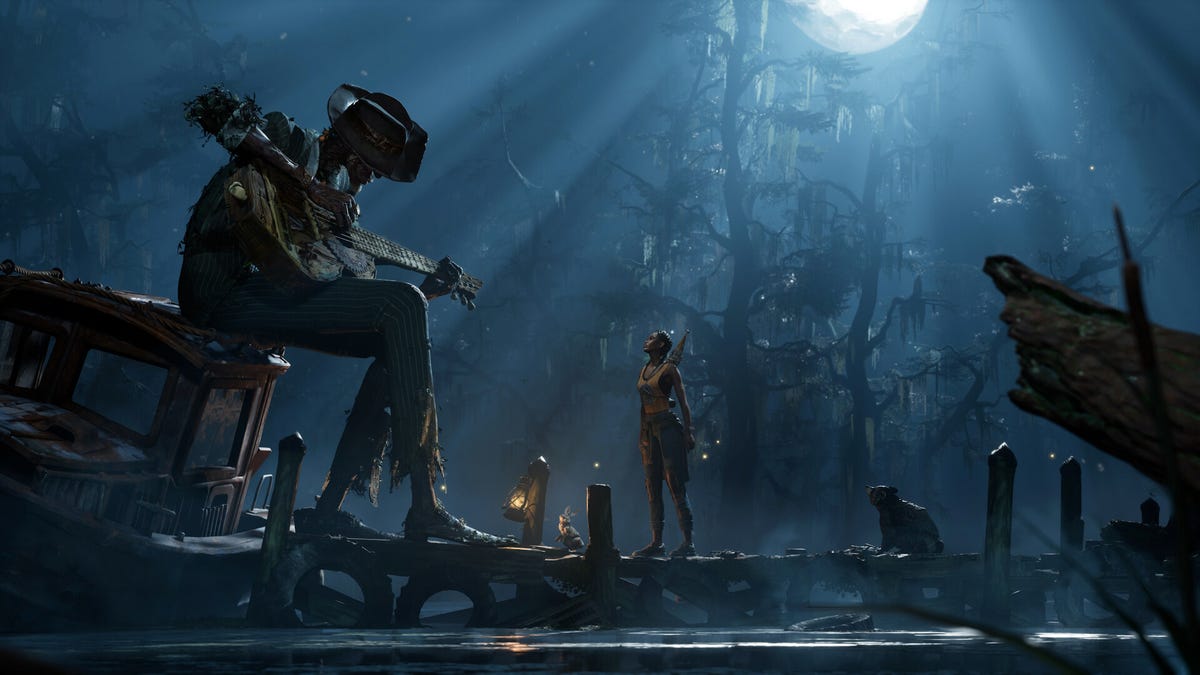












.png?#)




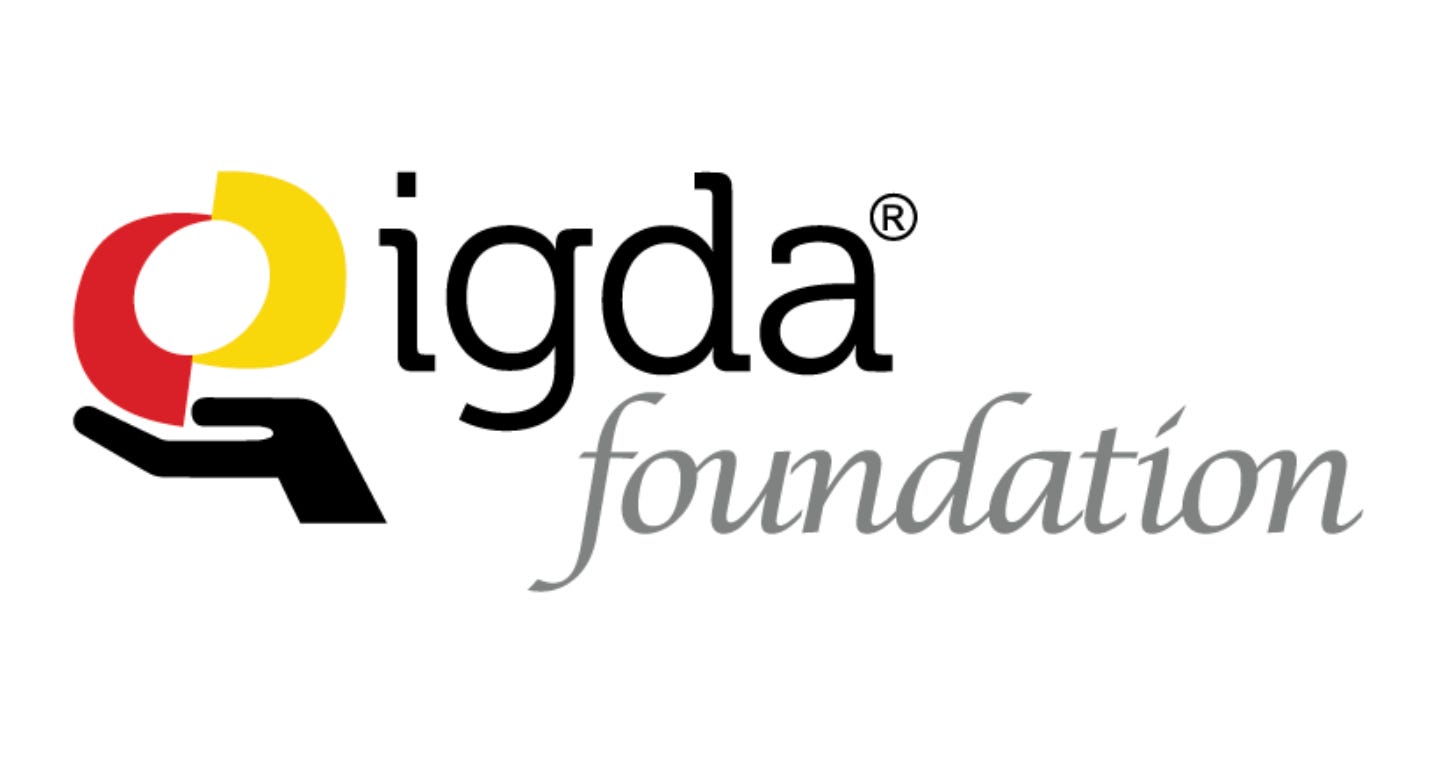
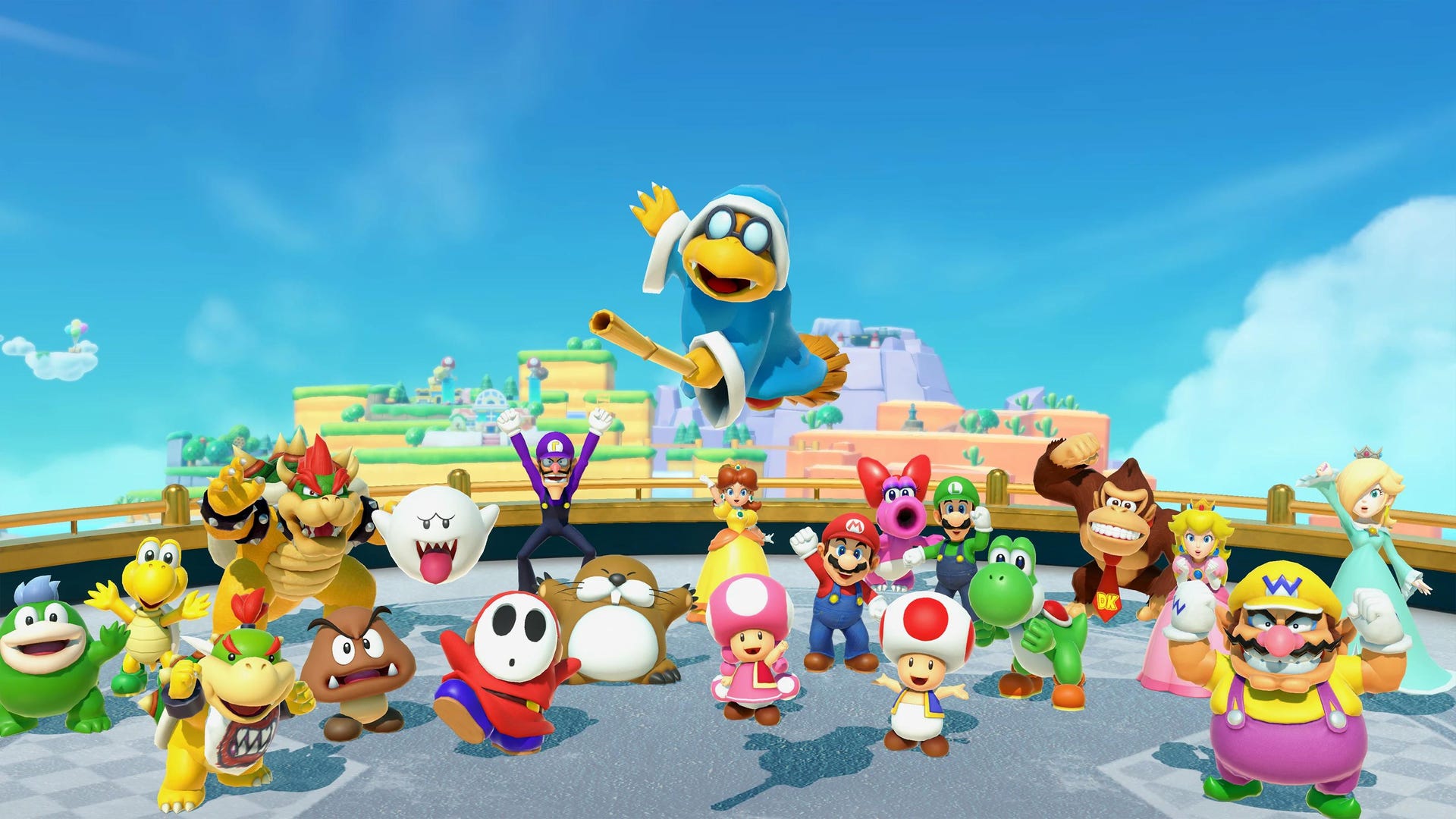
(1).jpg?width=1920&height=1920&fit=bounds&quality=80&format=jpg&auto=webp#)
















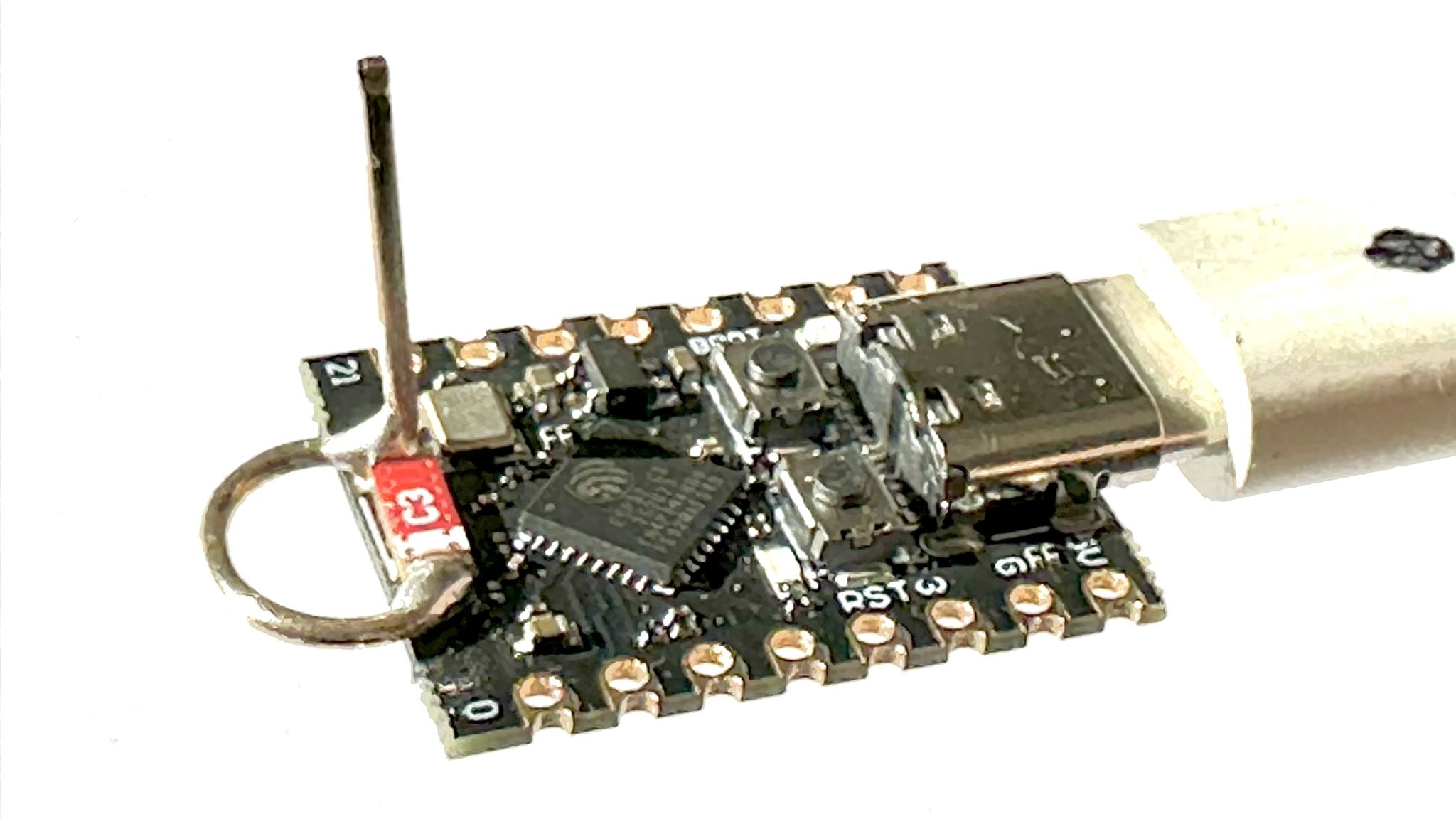













_NicoElNino_Alamy.png?#)
.webp?#)
.webp?#)
















































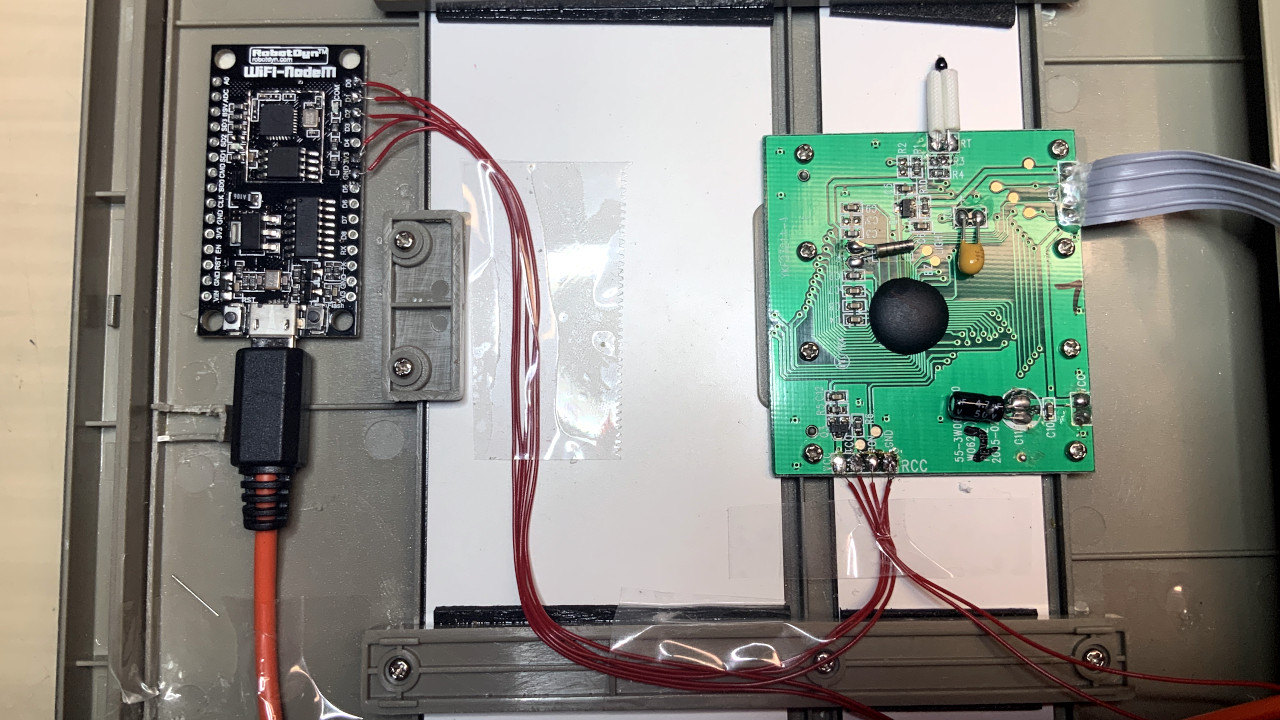

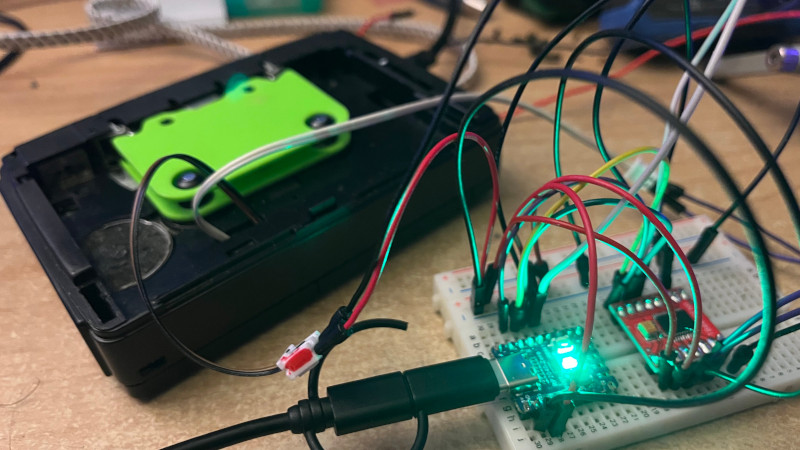

















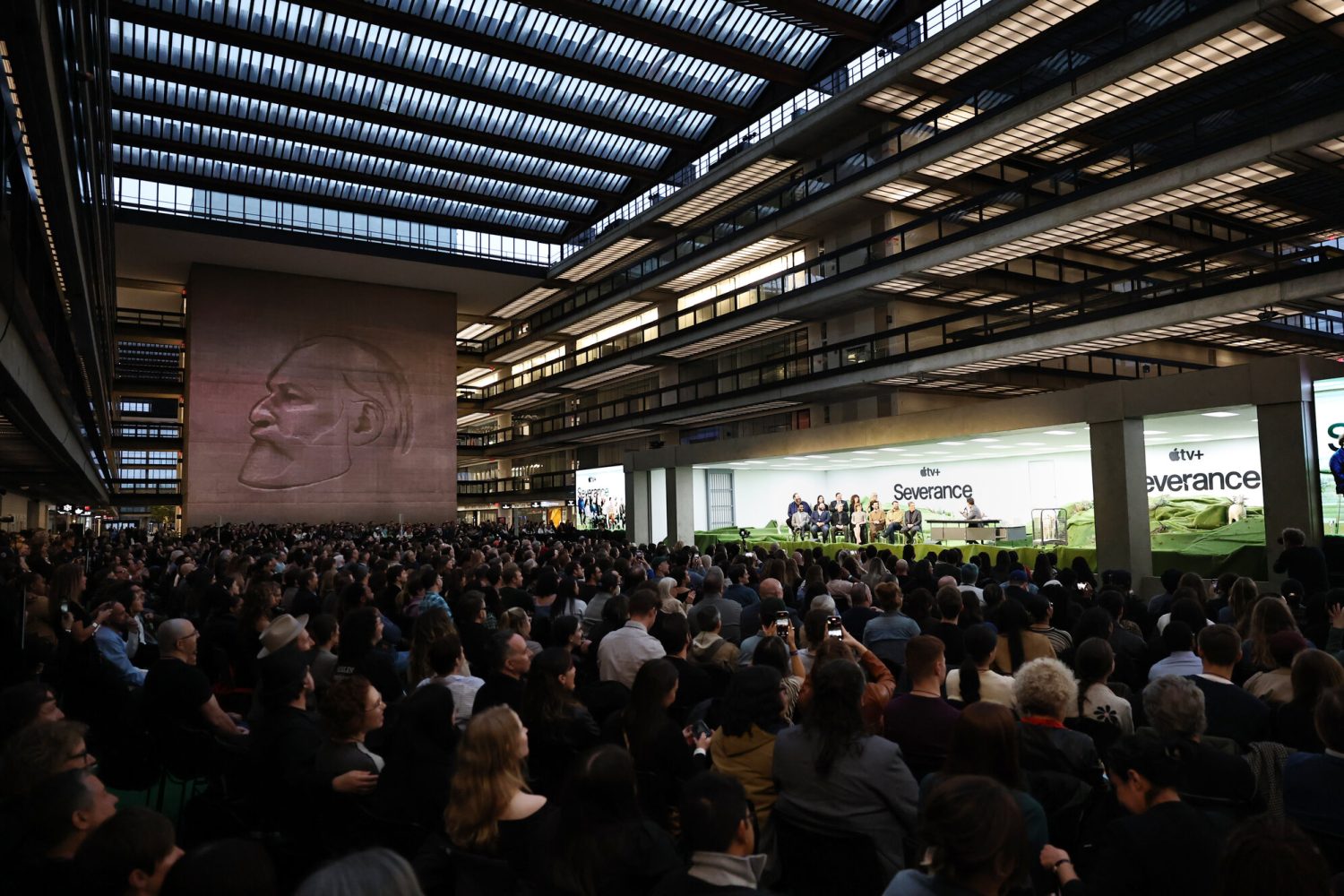
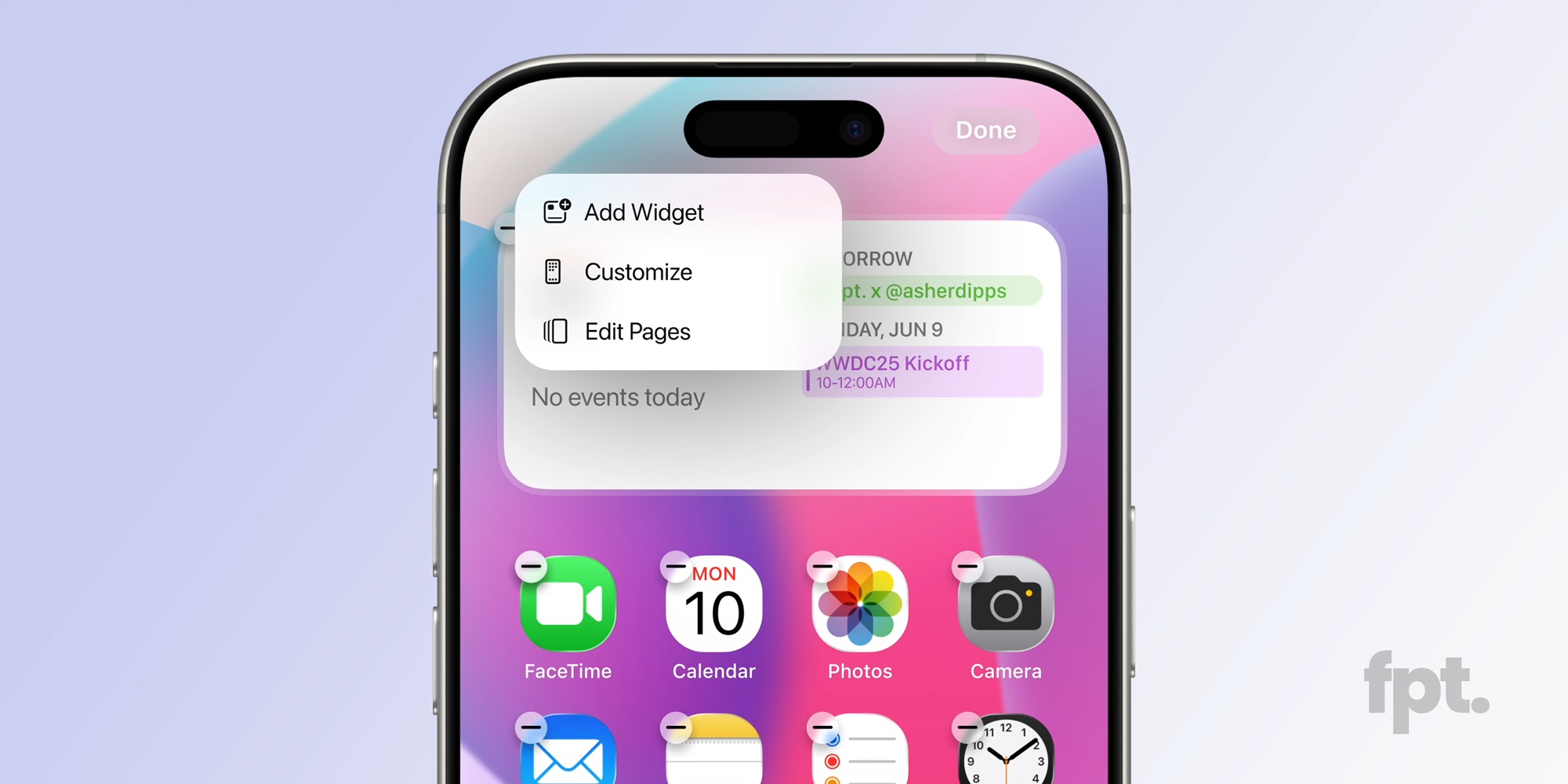




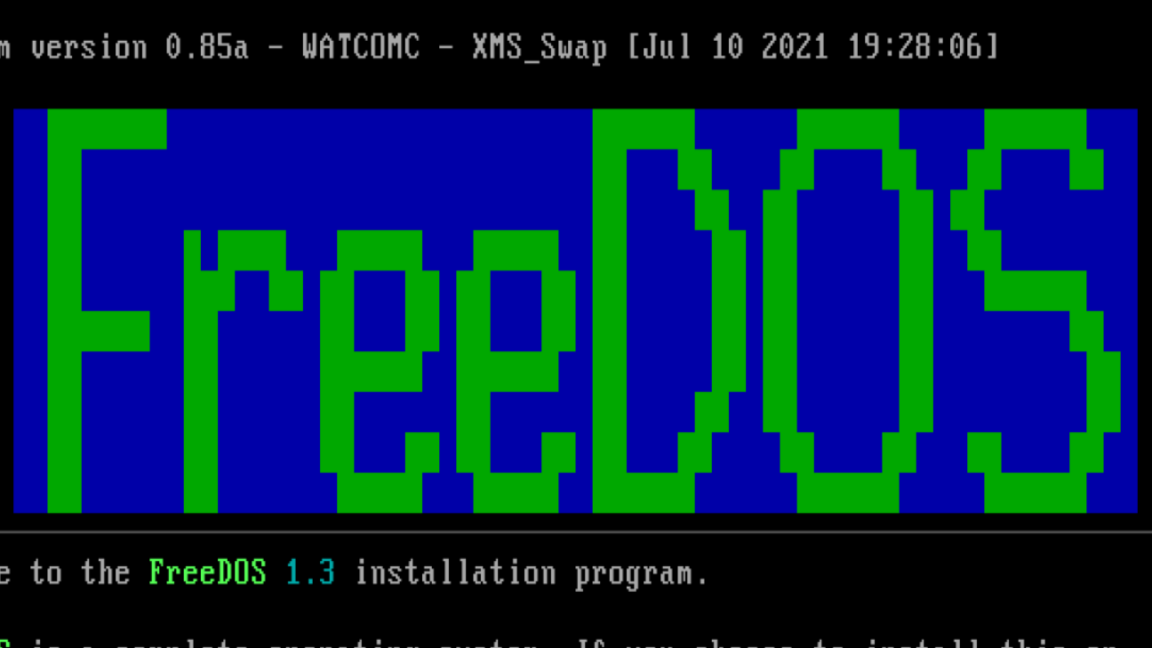
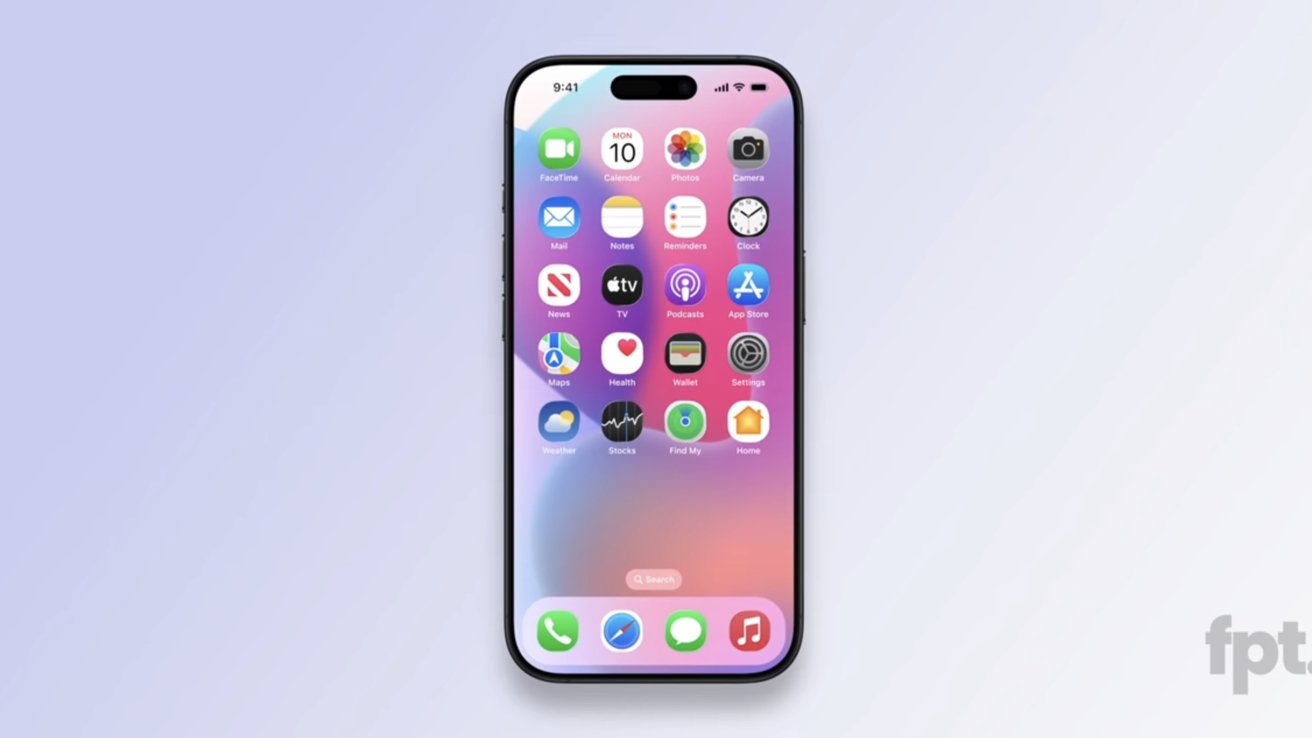


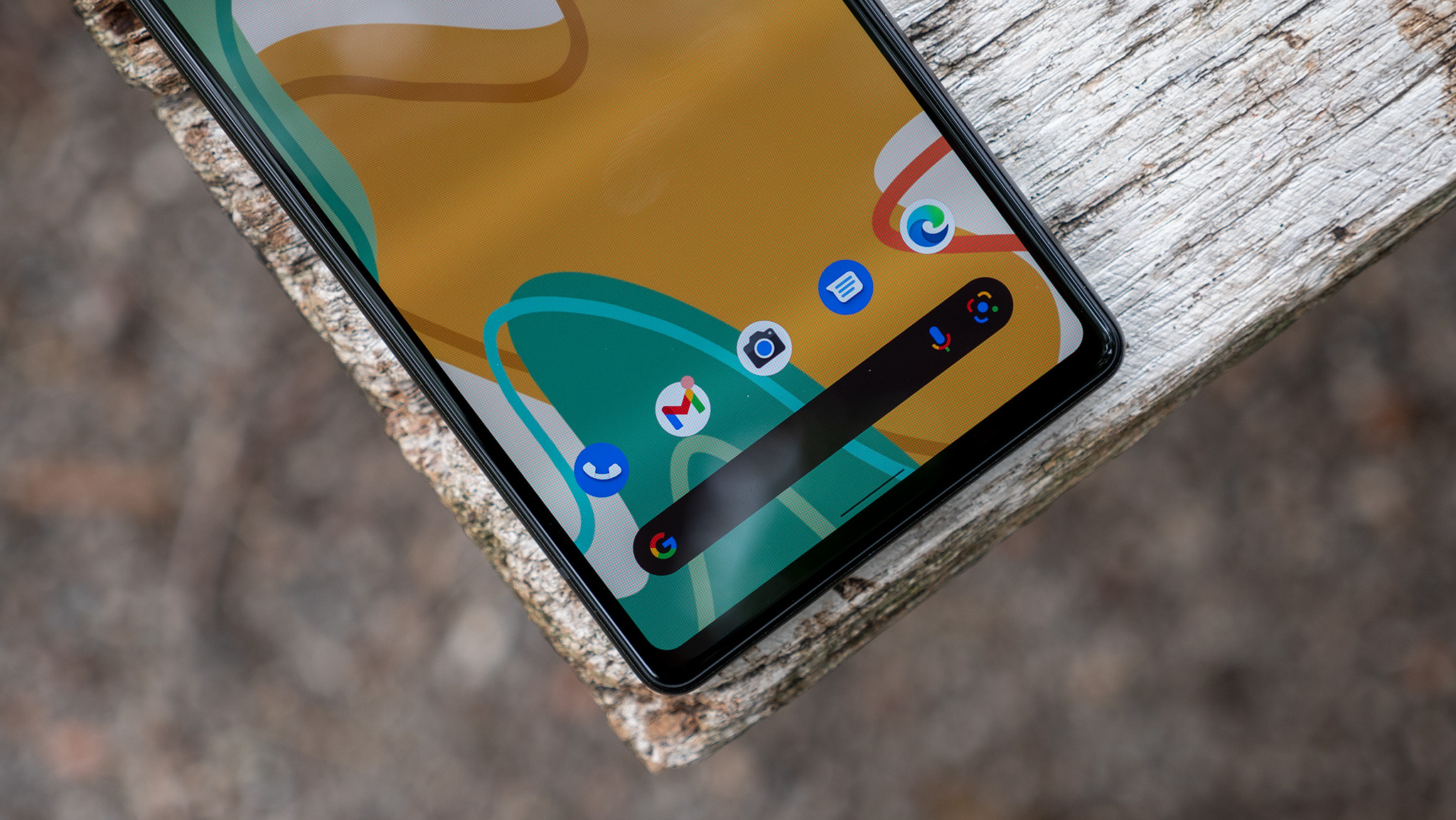



















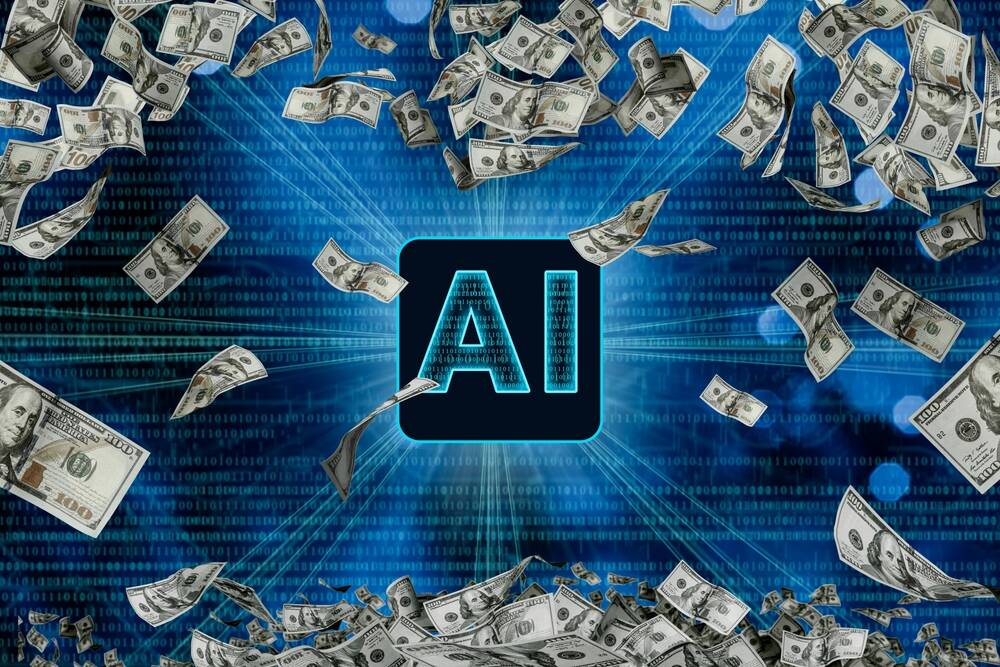

![Apple to Source More iPhones From India to Offset China Tariff Costs [Report]](https://www.iclarified.com/images/news/96954/96954/96954-640.jpg)
![Blackmagic Design Unveils DaVinci Resolve 20 With Over 100 New Features and AI Tools [Video]](https://www.iclarified.com/images/news/96951/96951/96951-640.jpg)






















